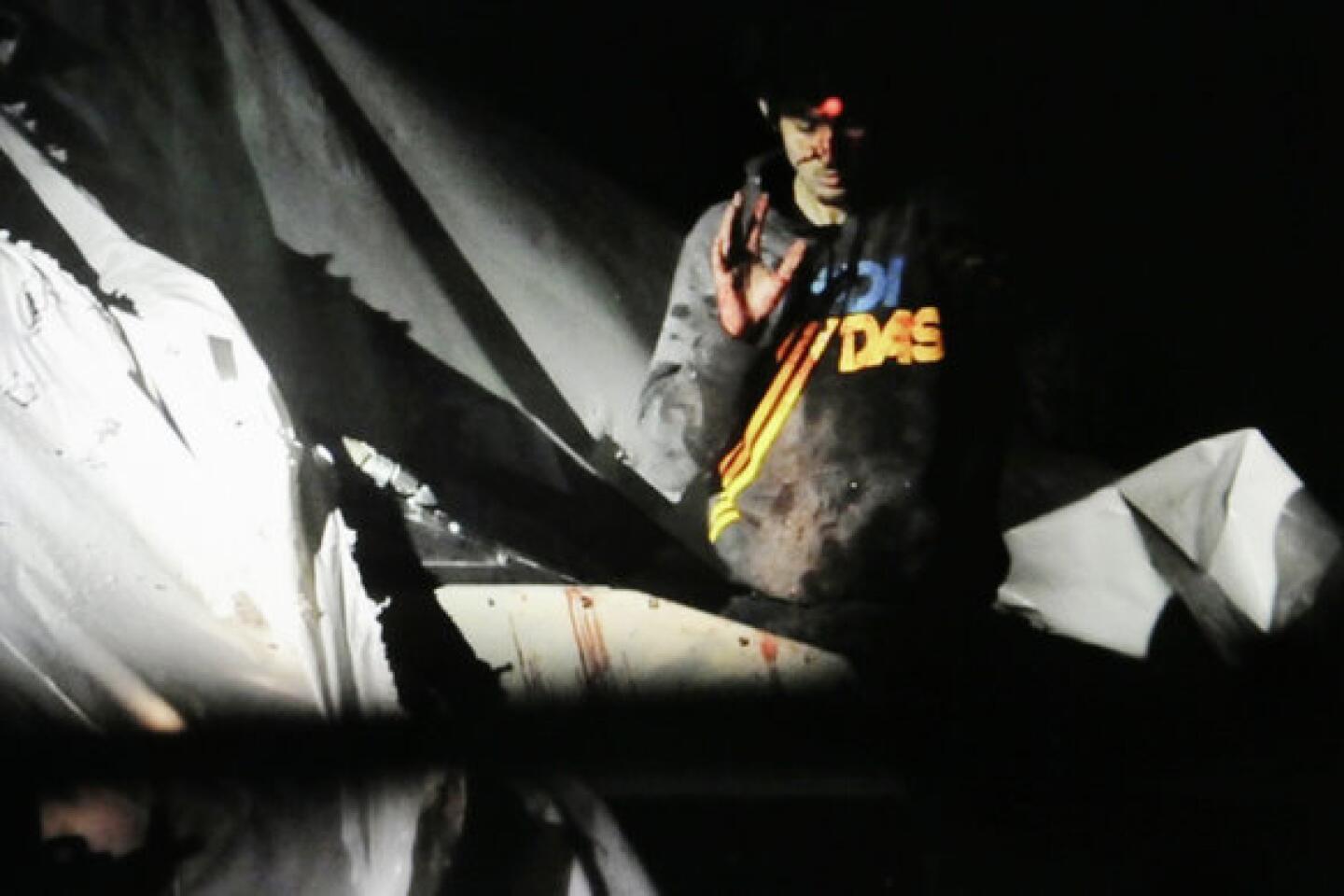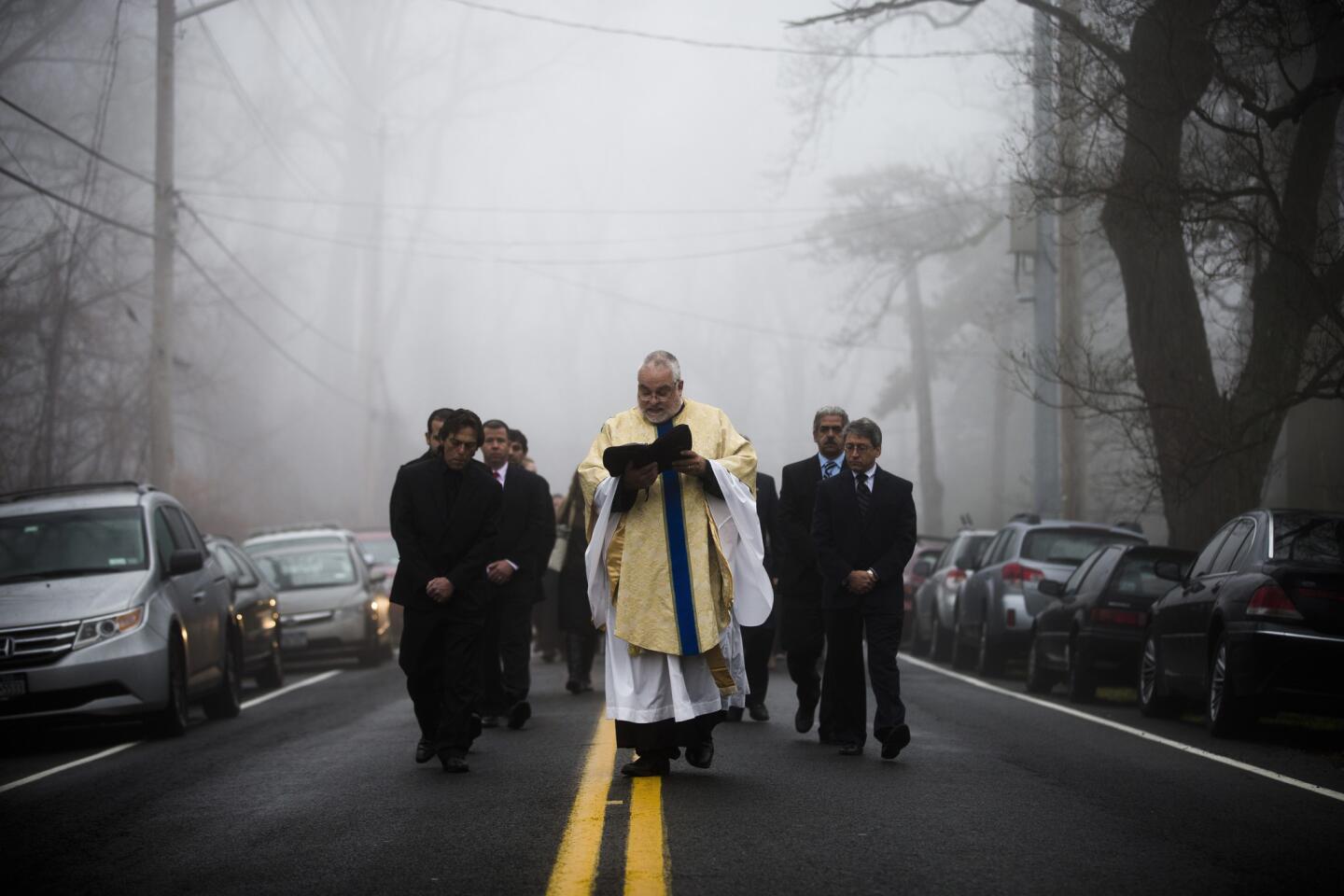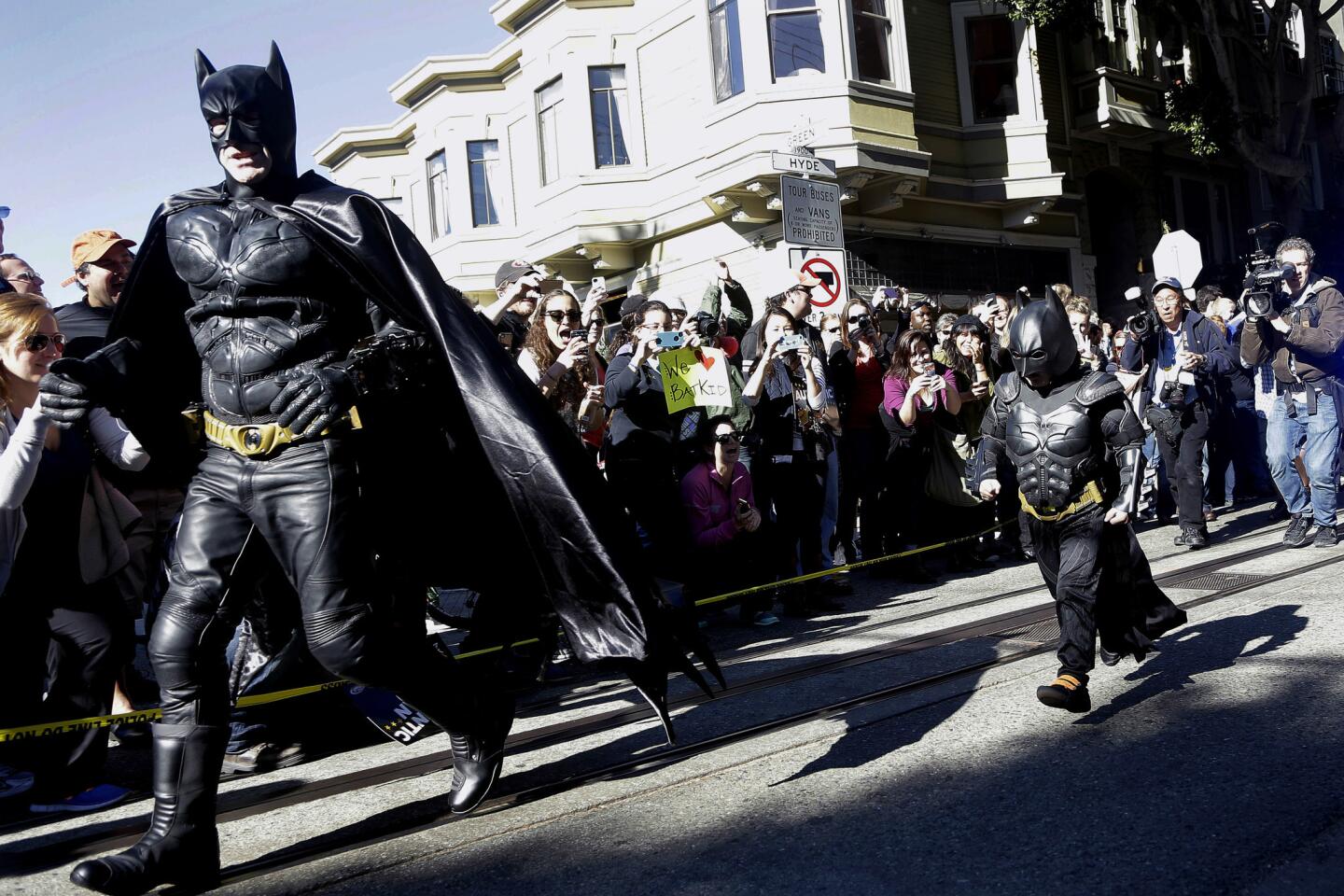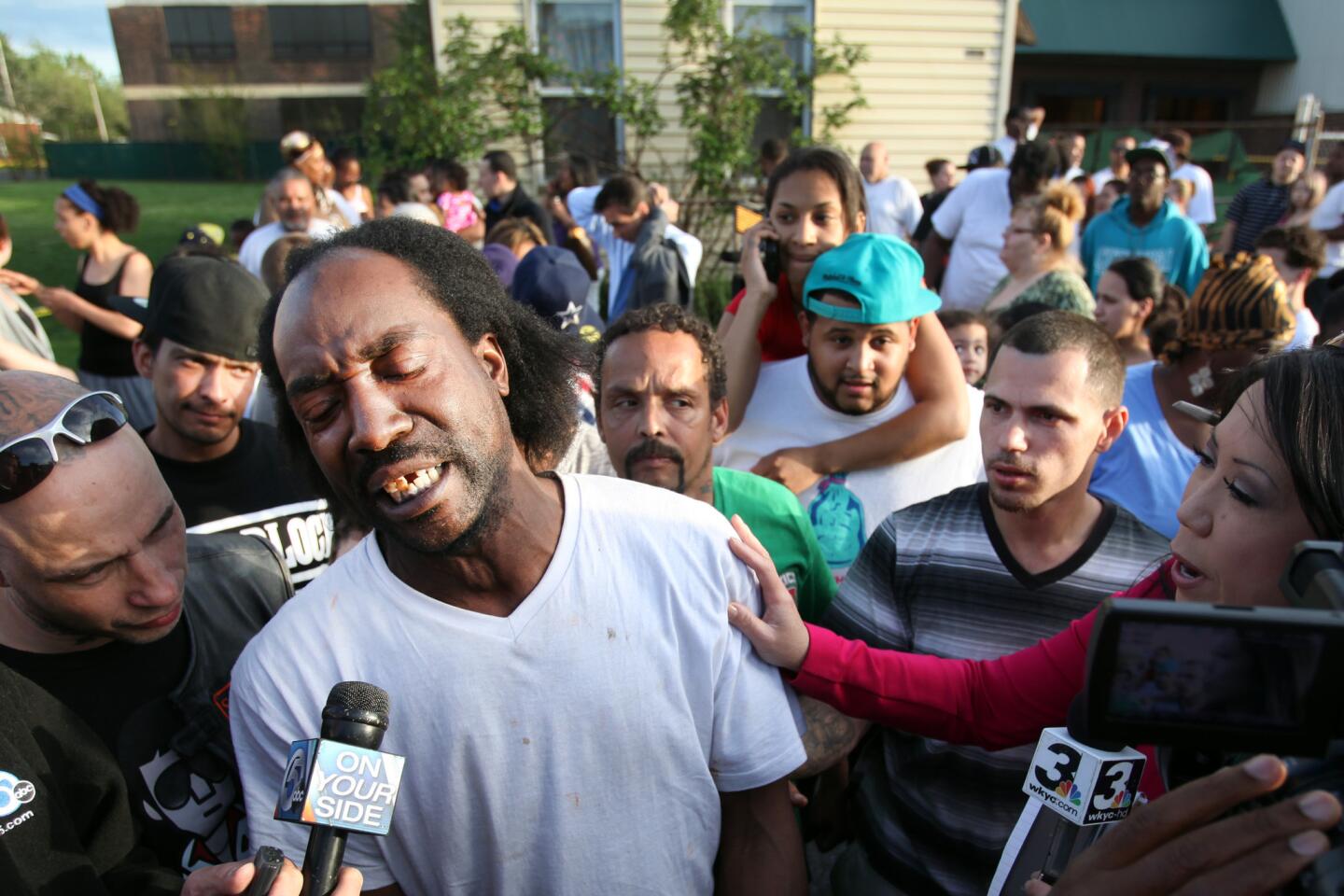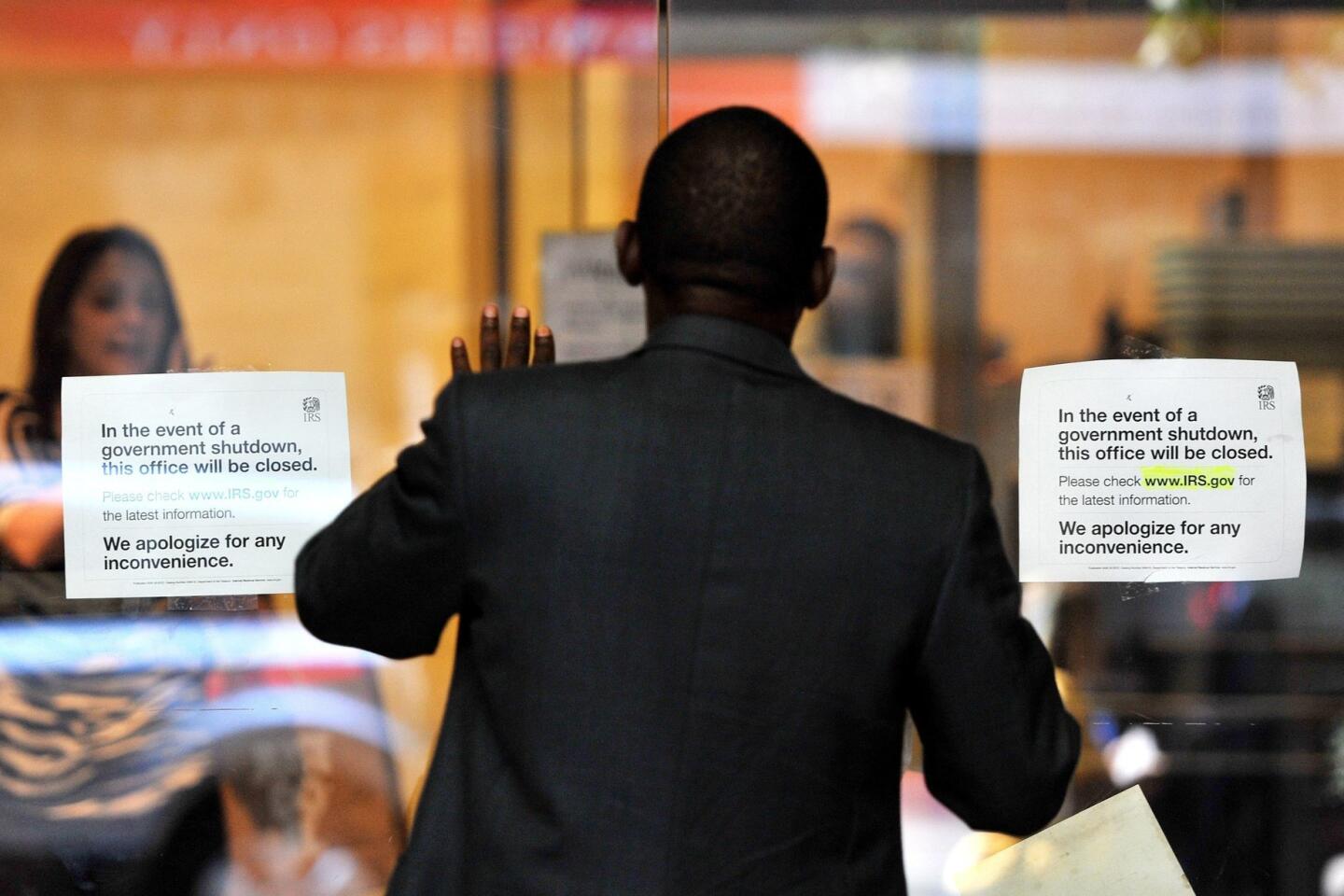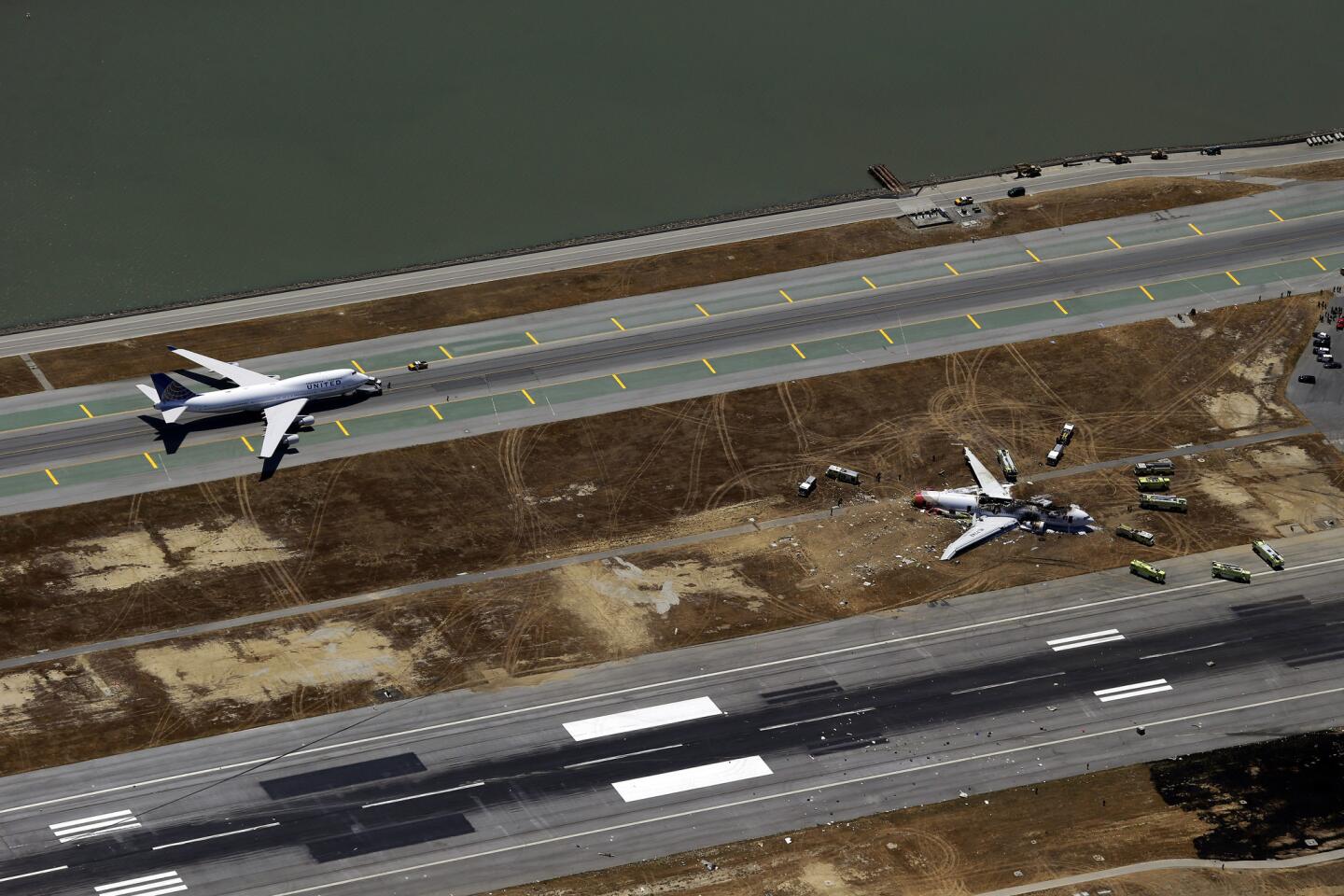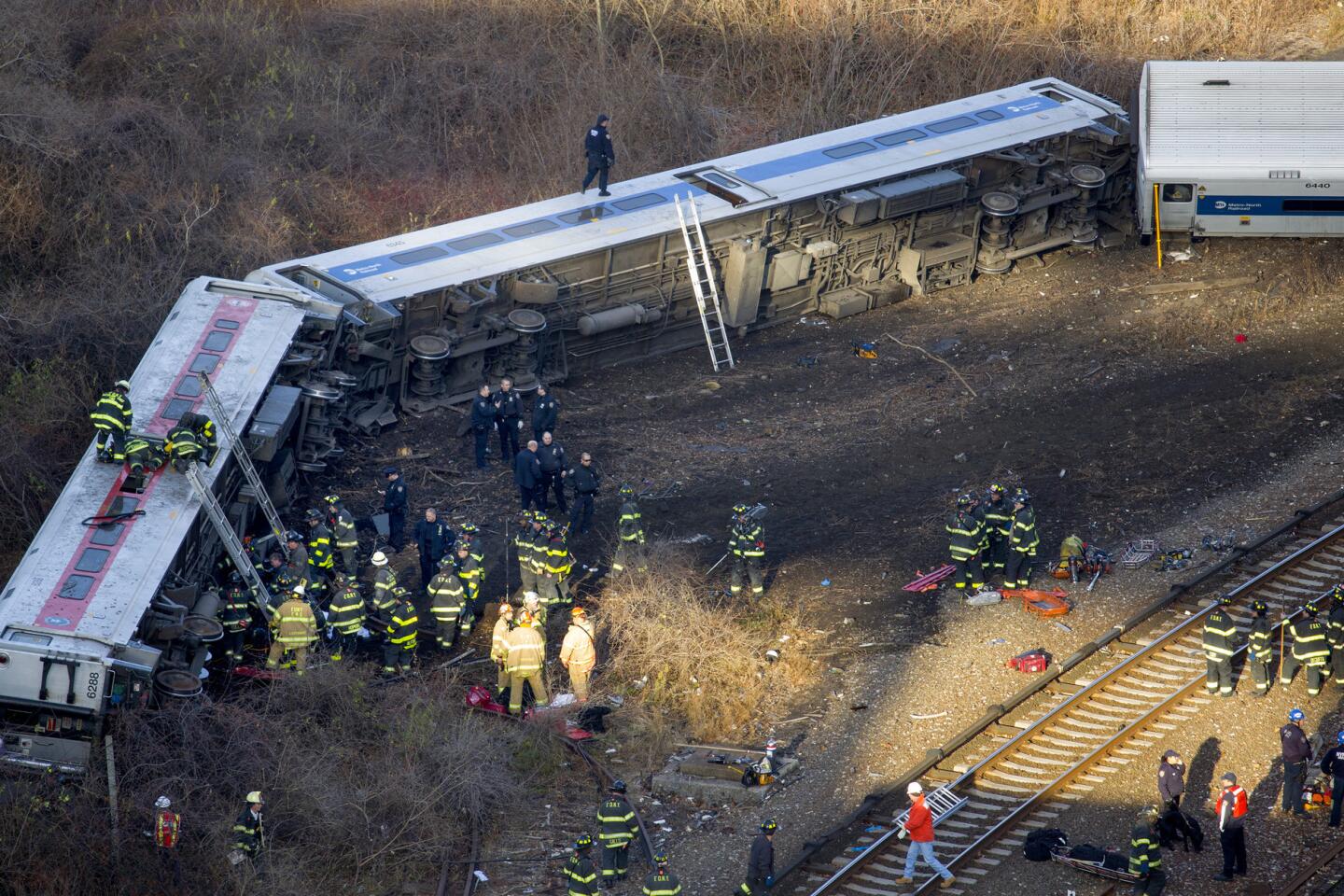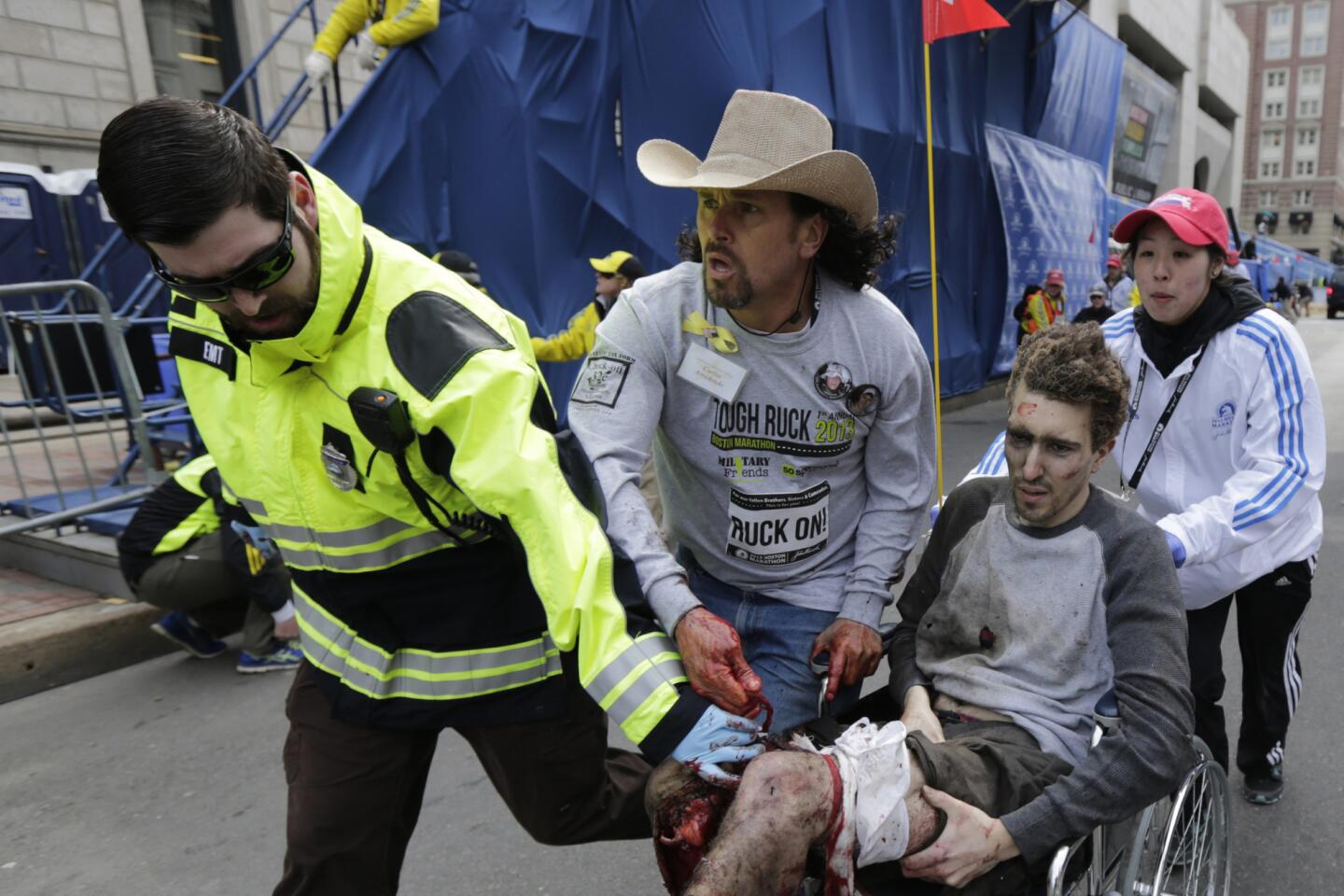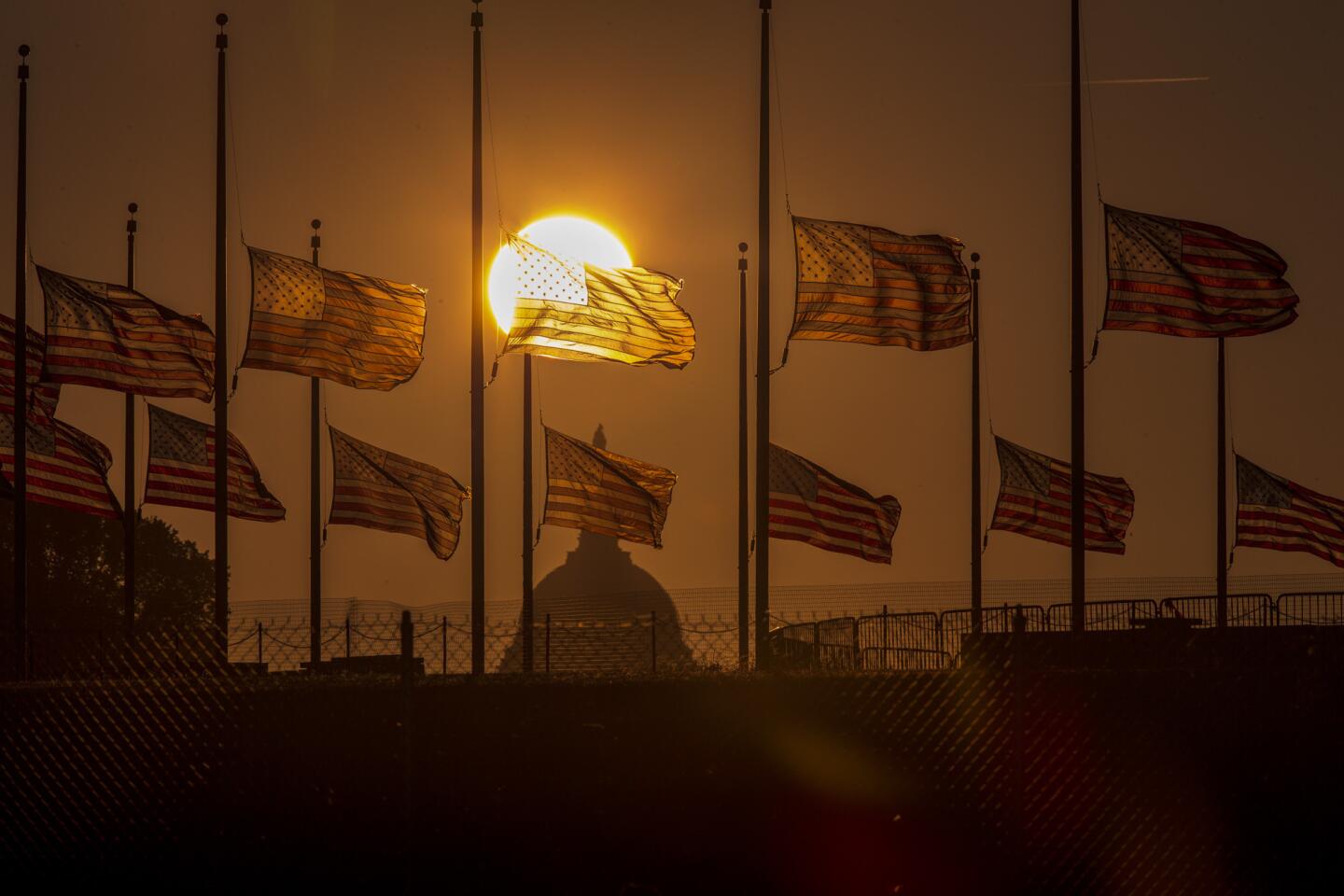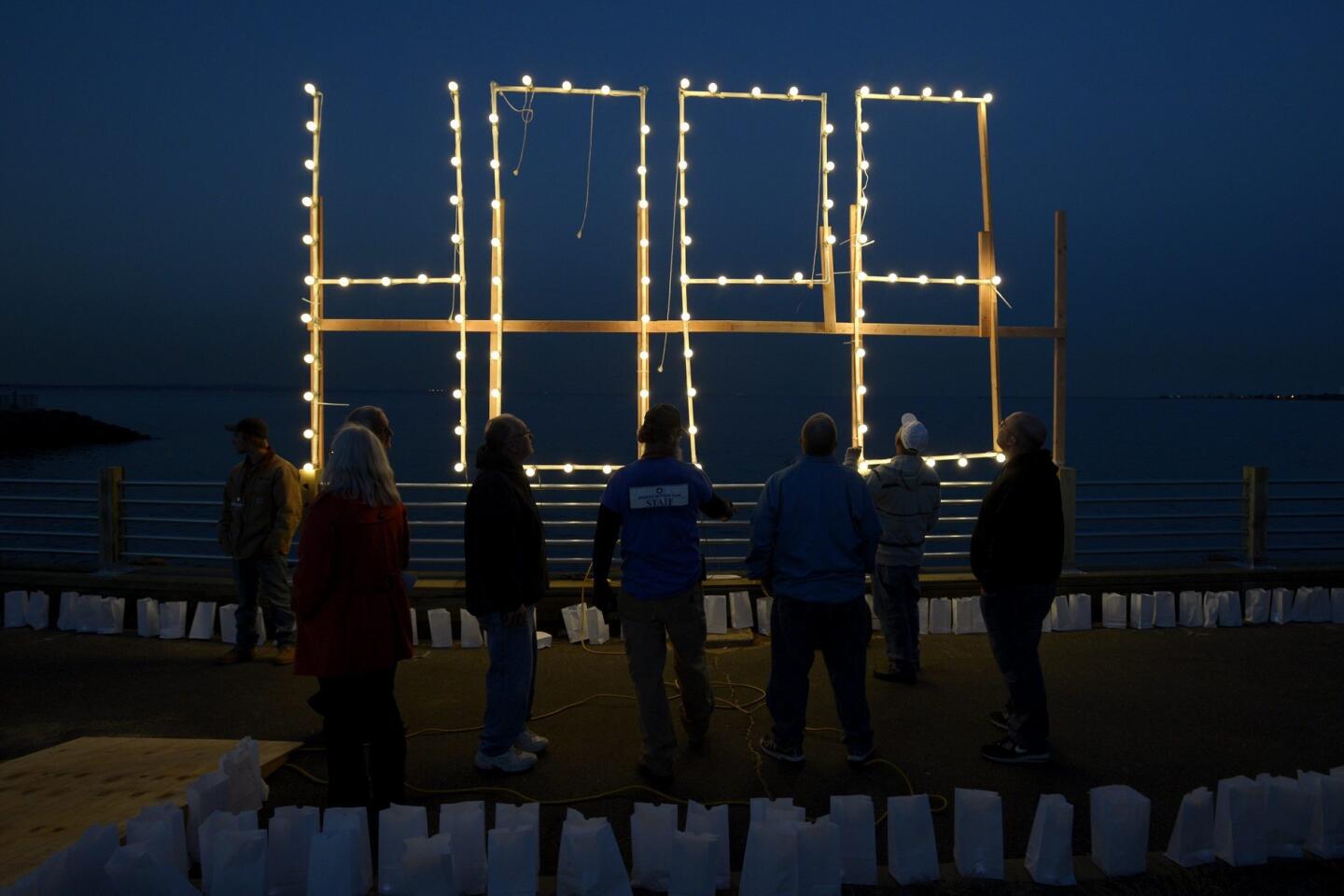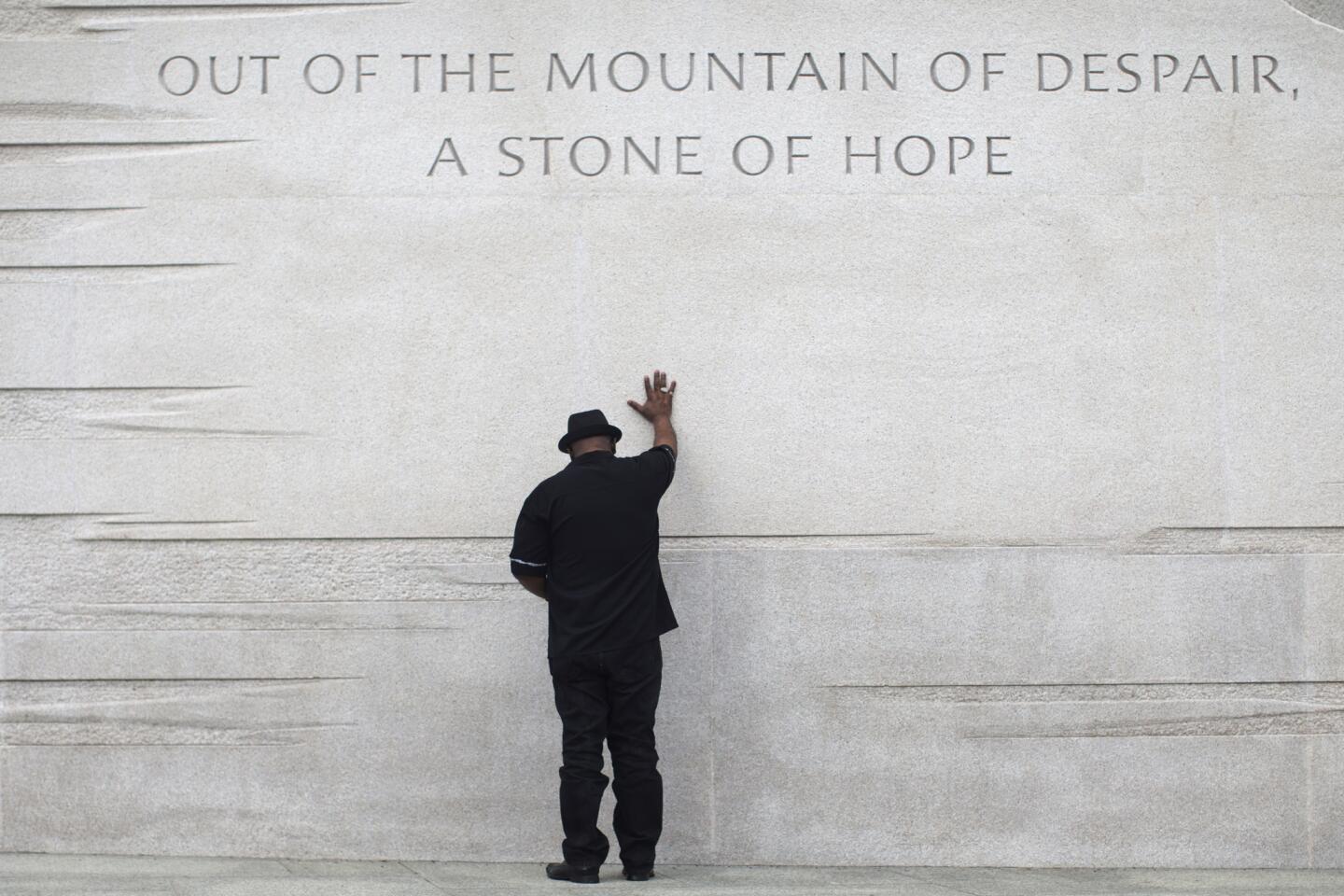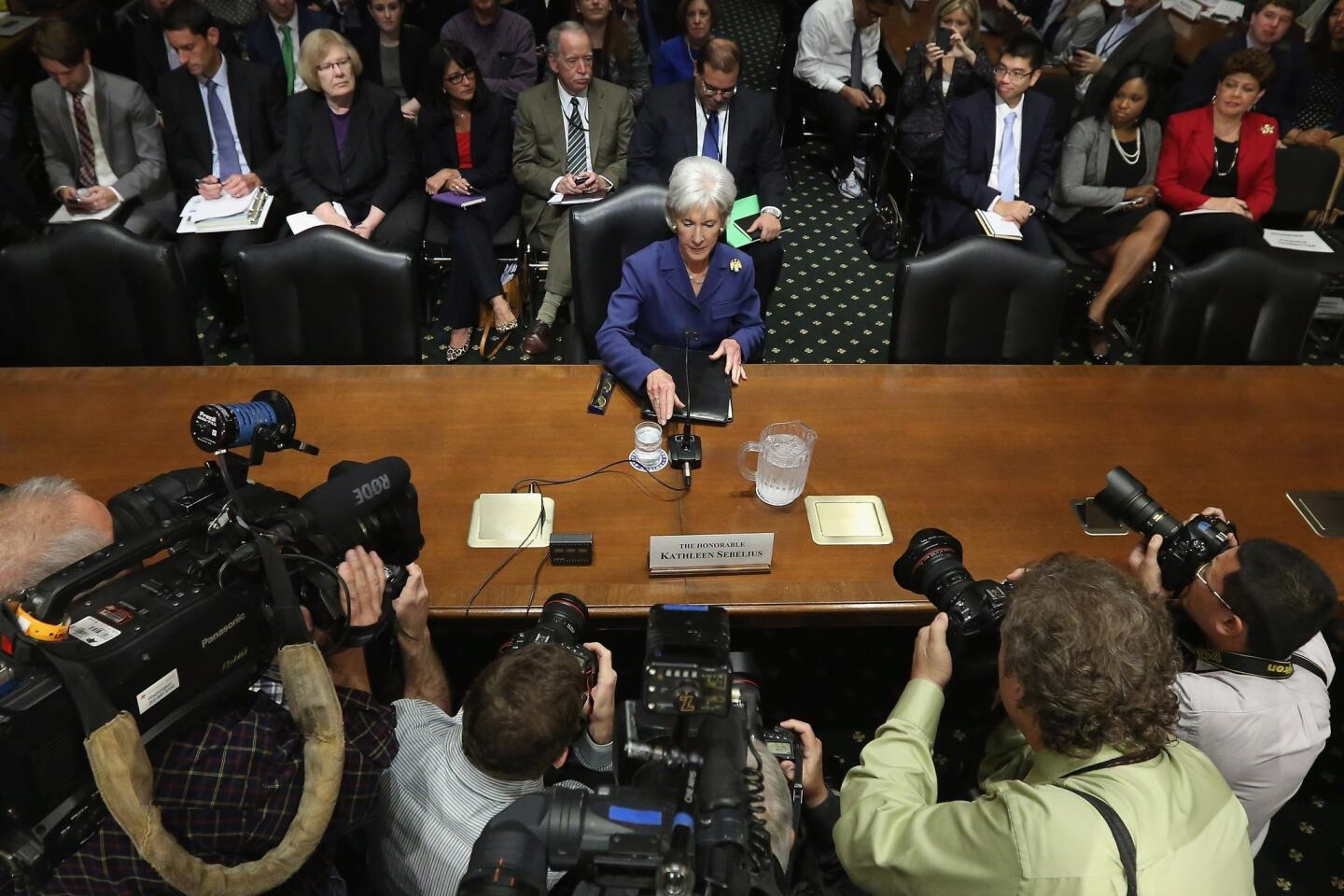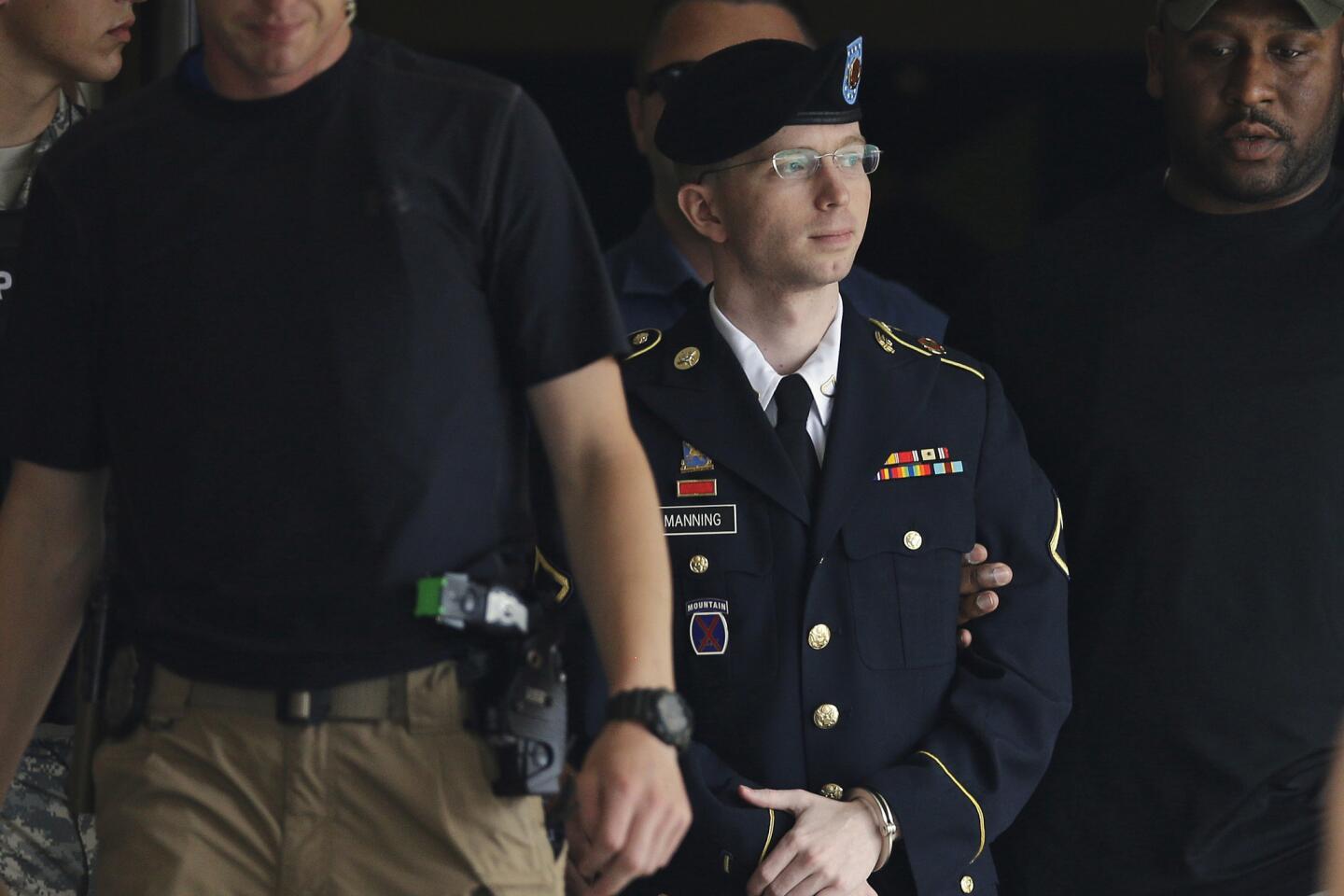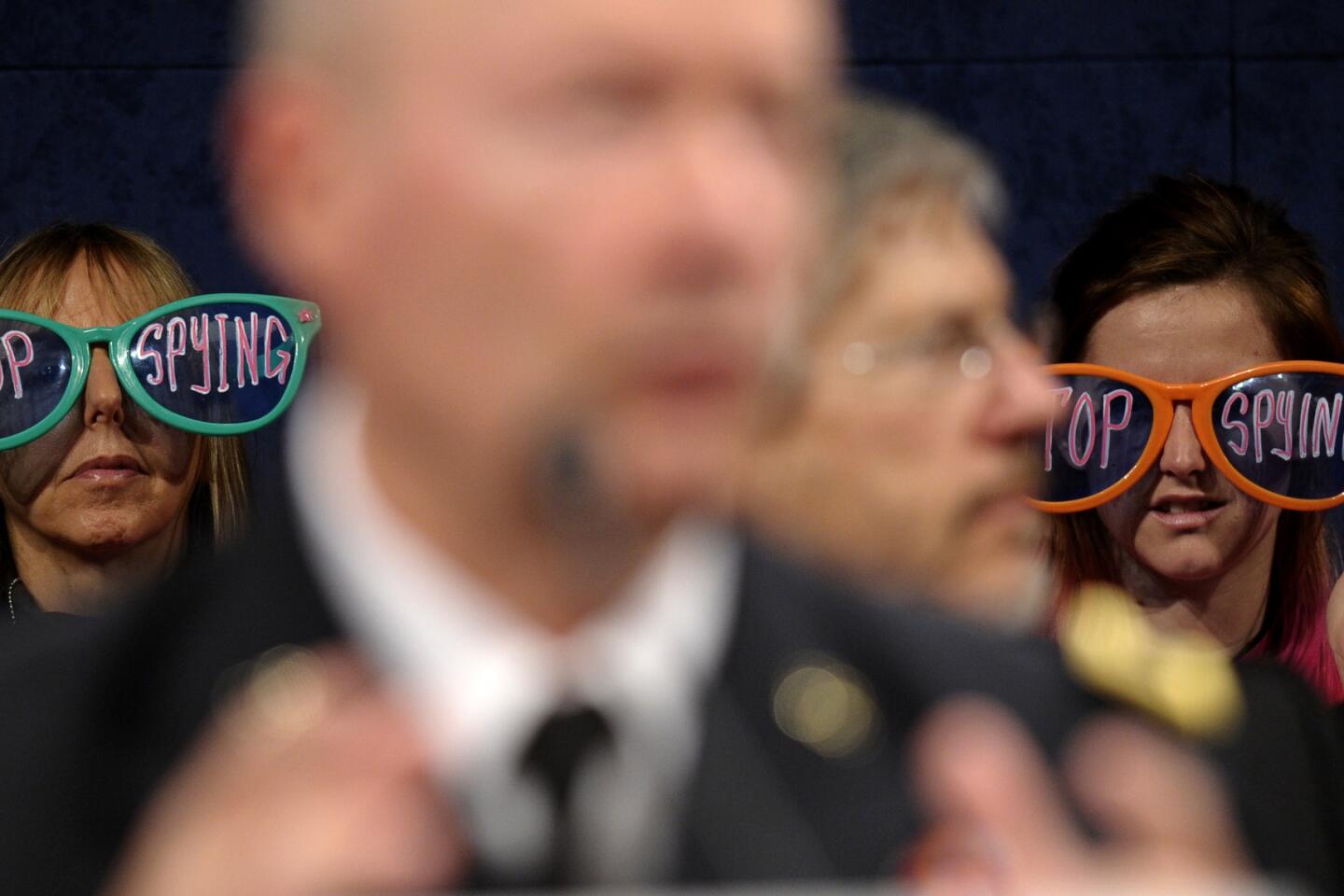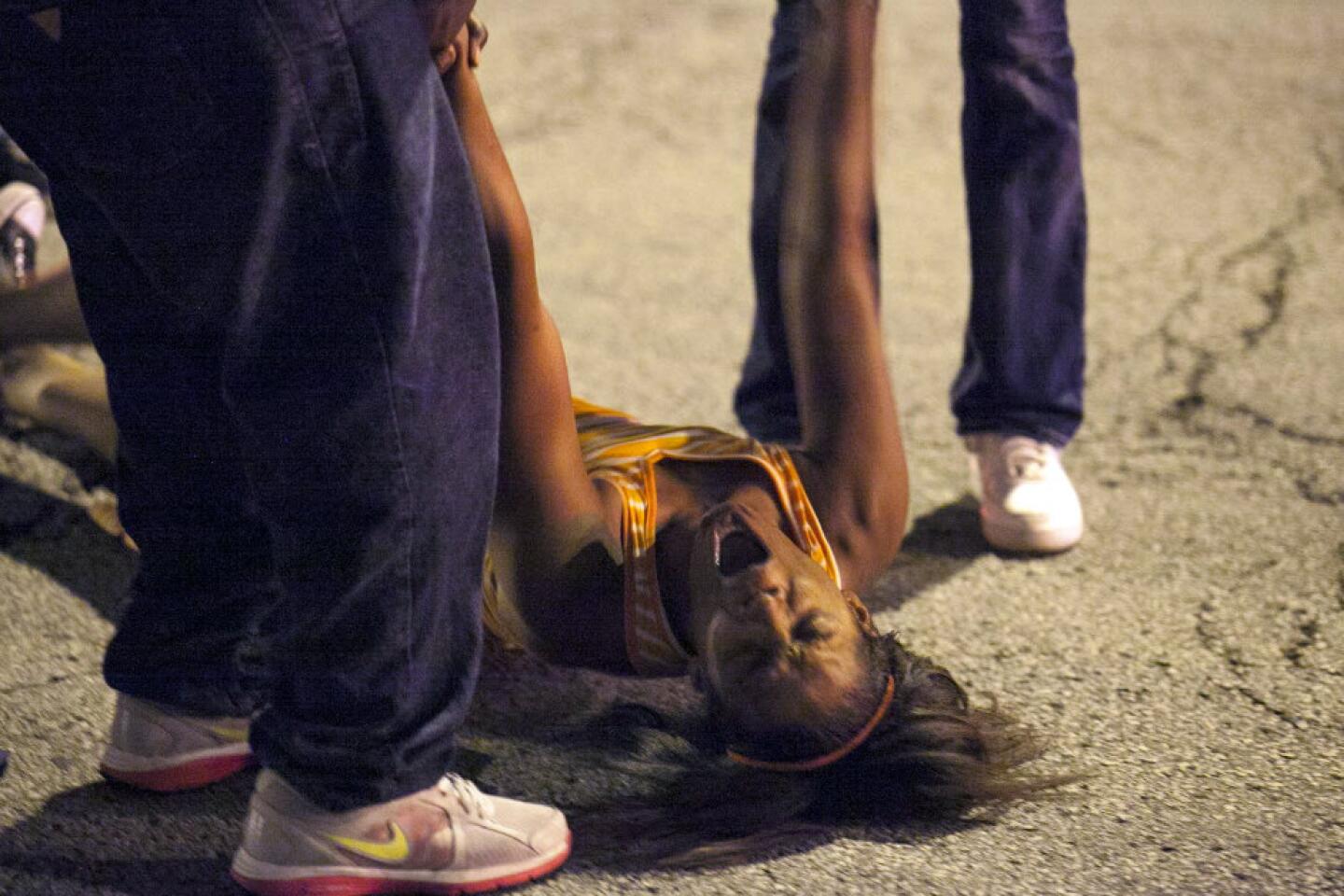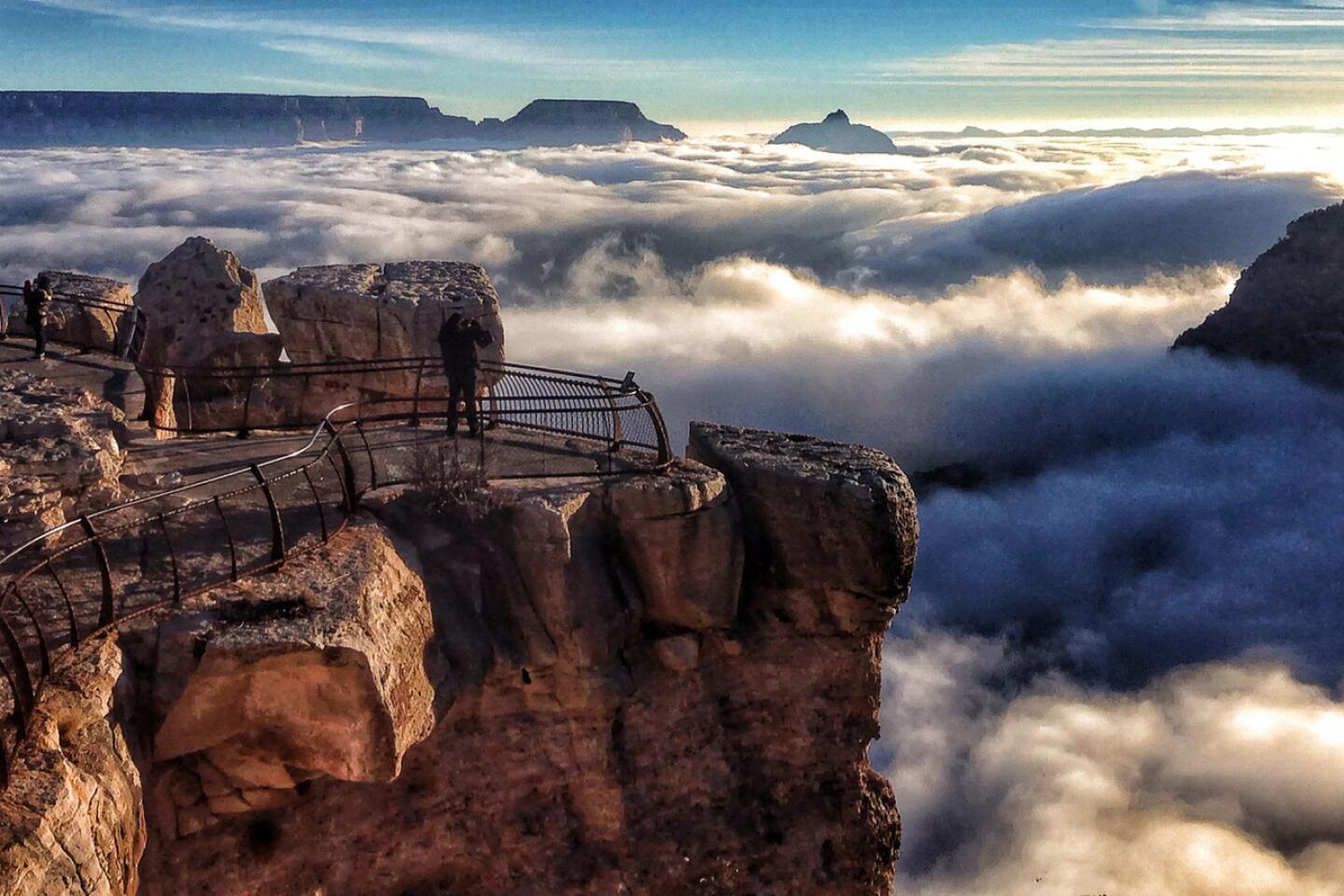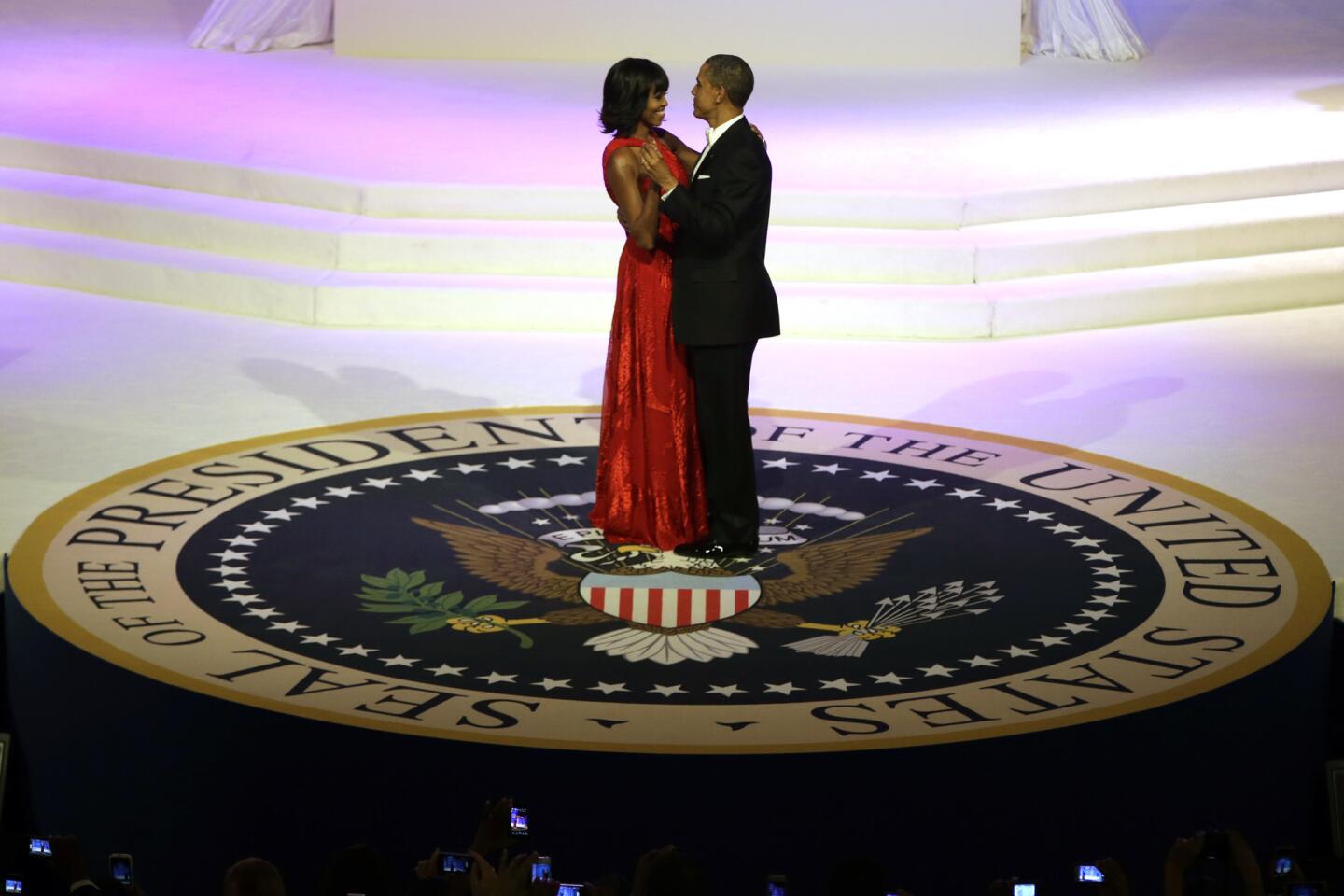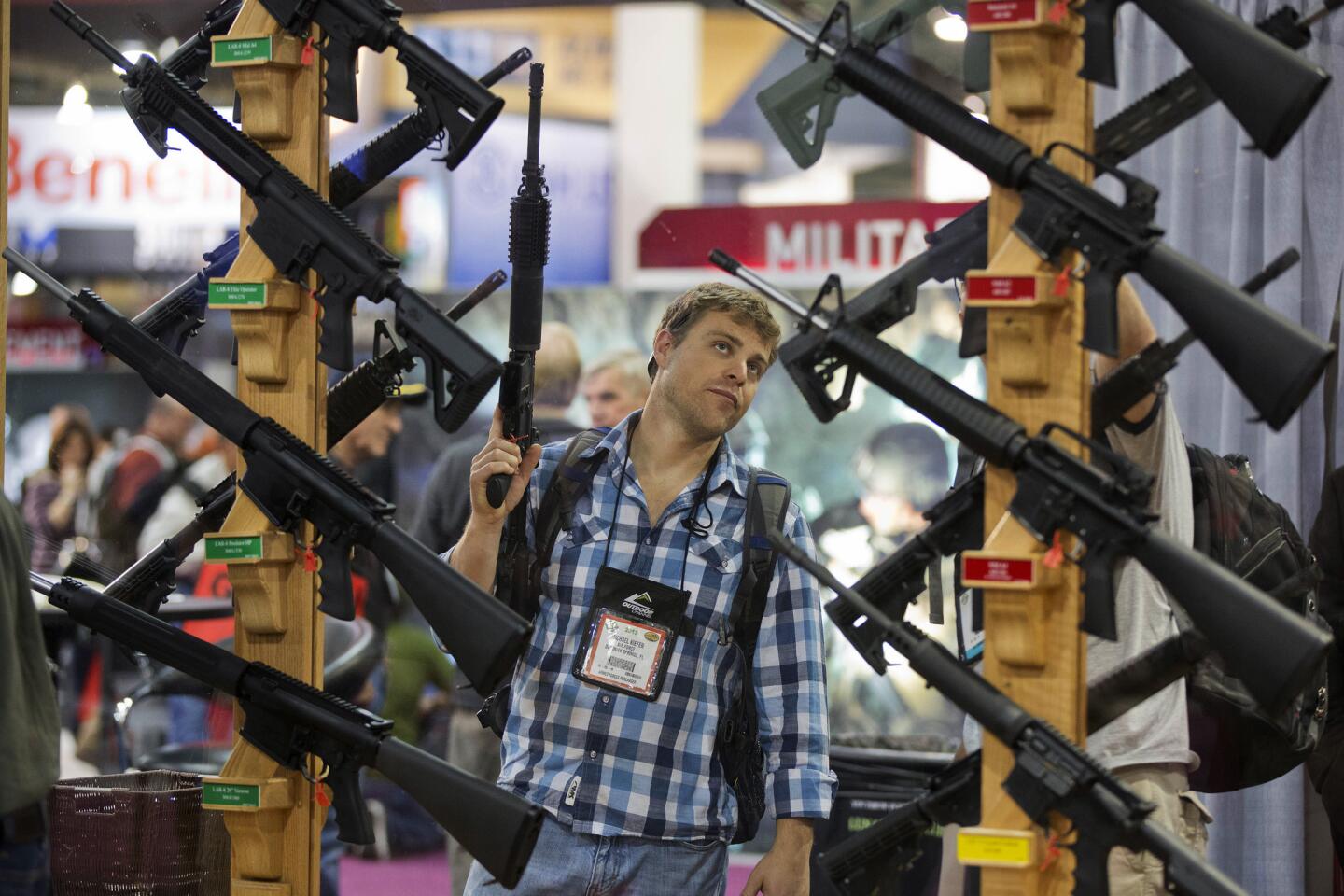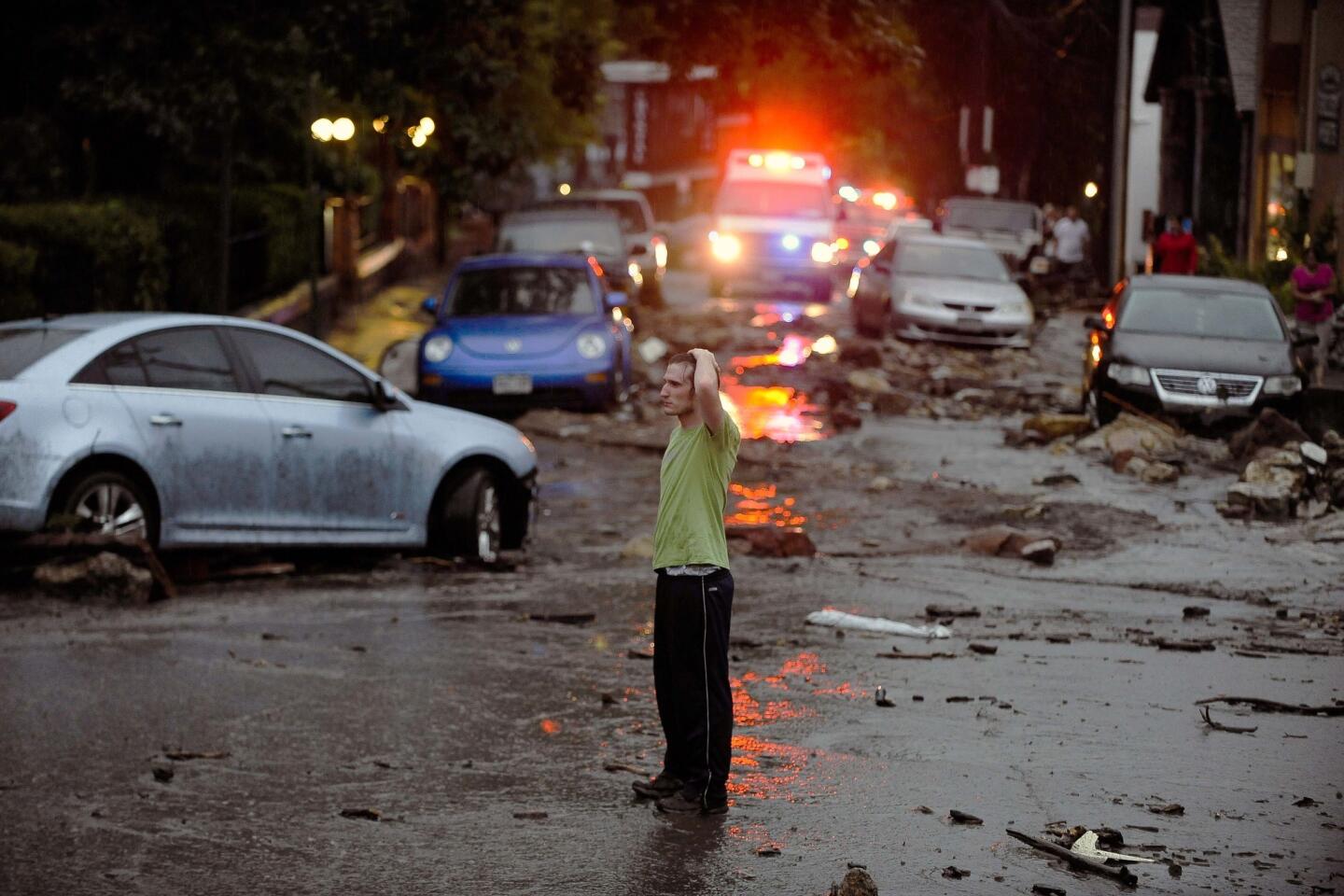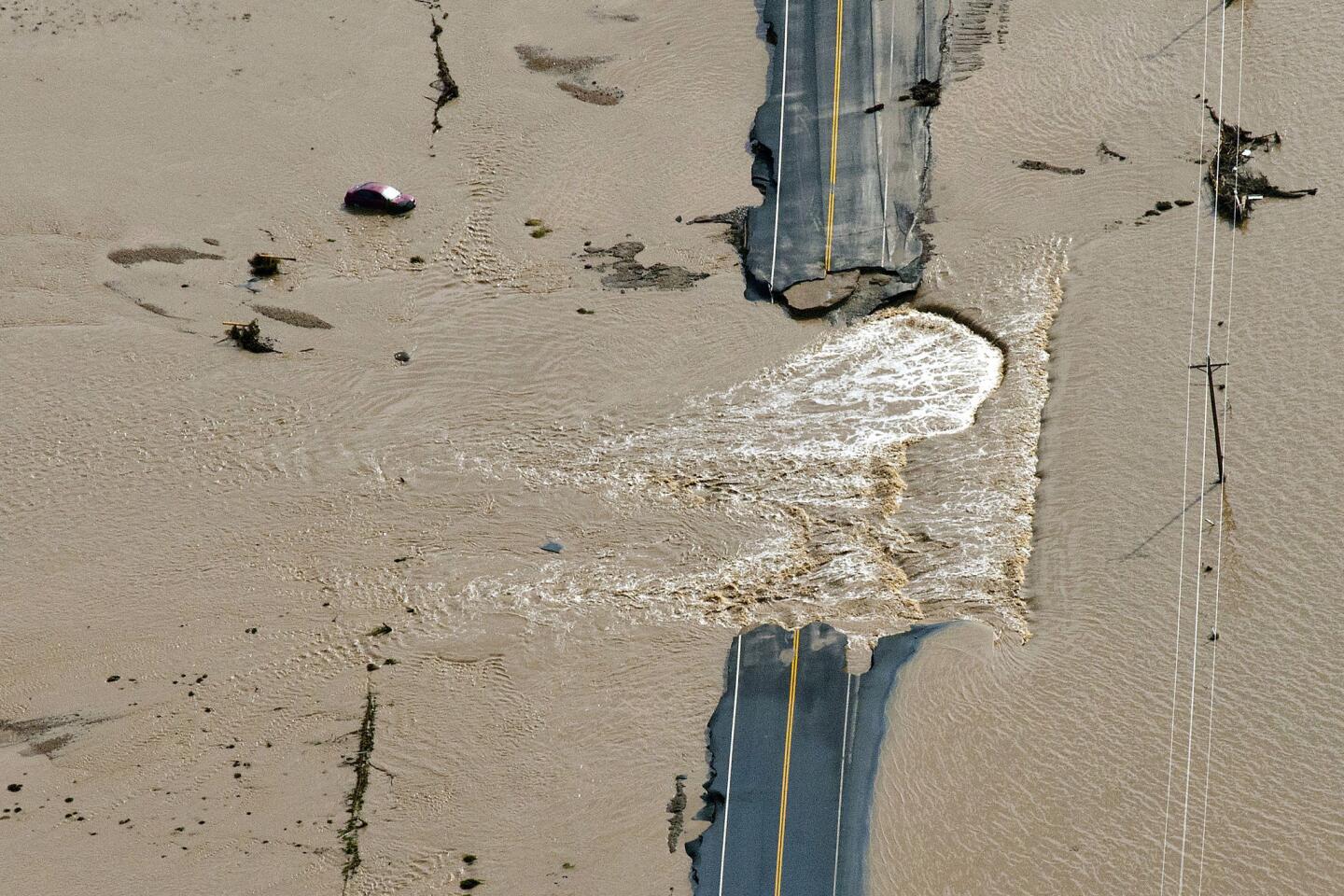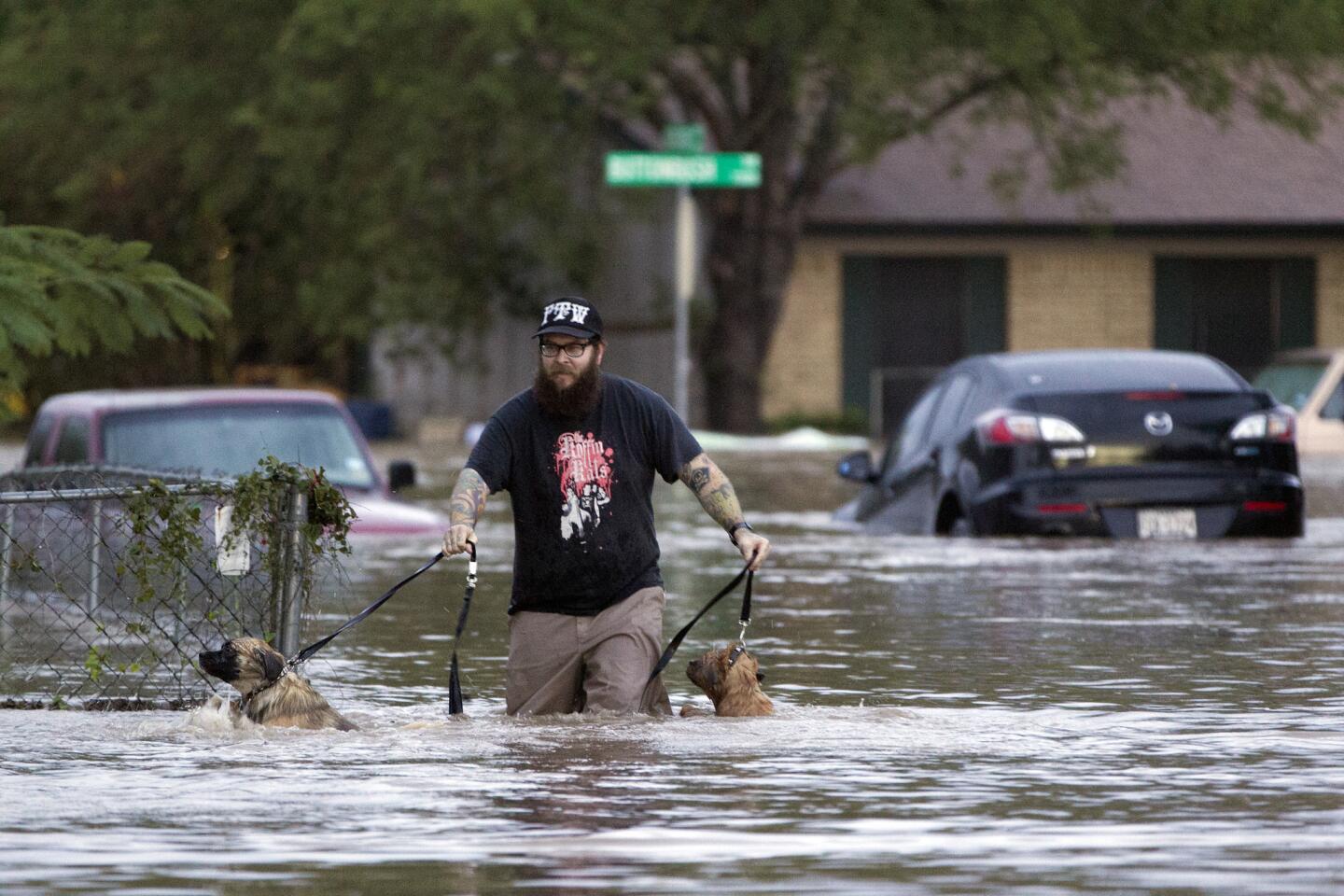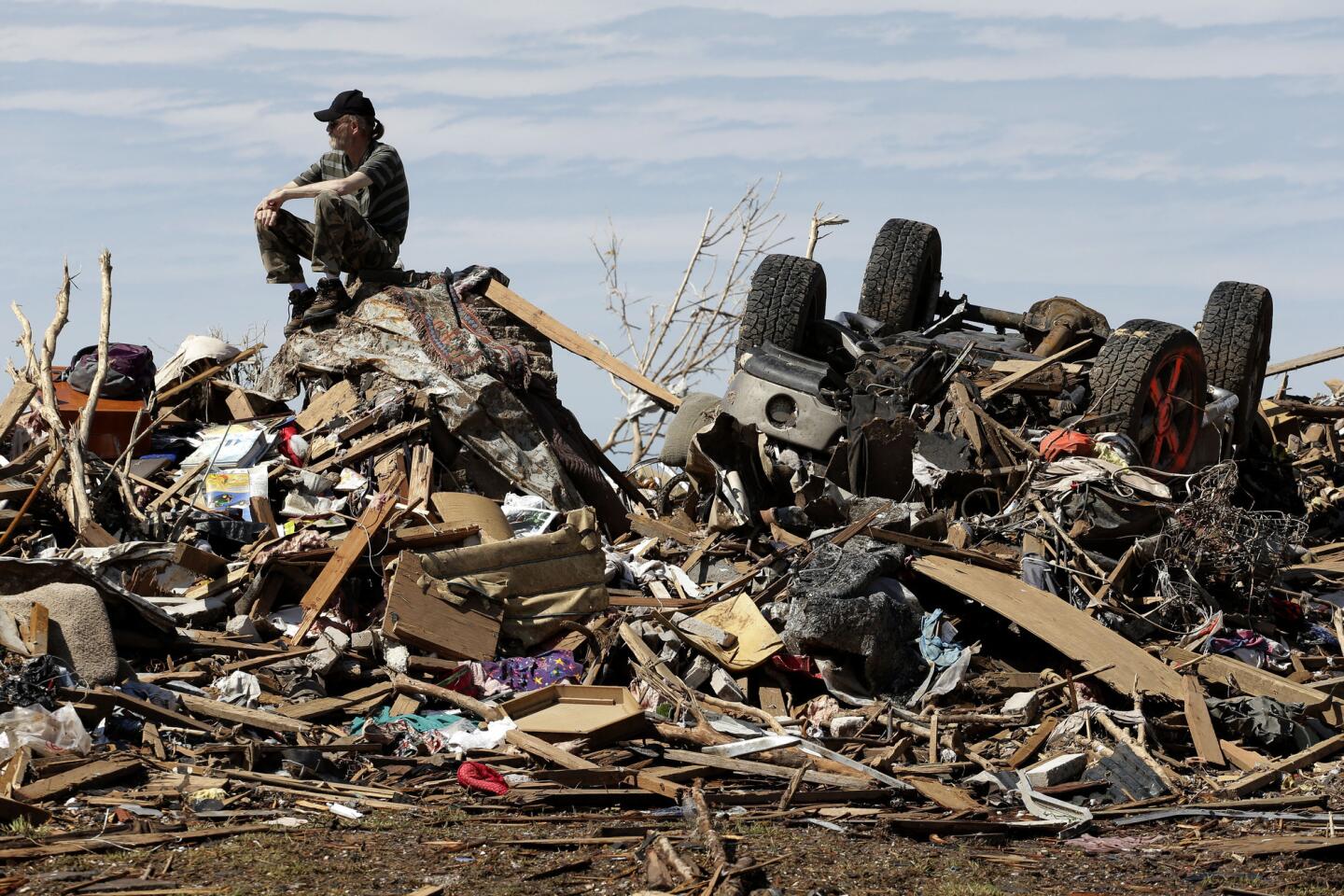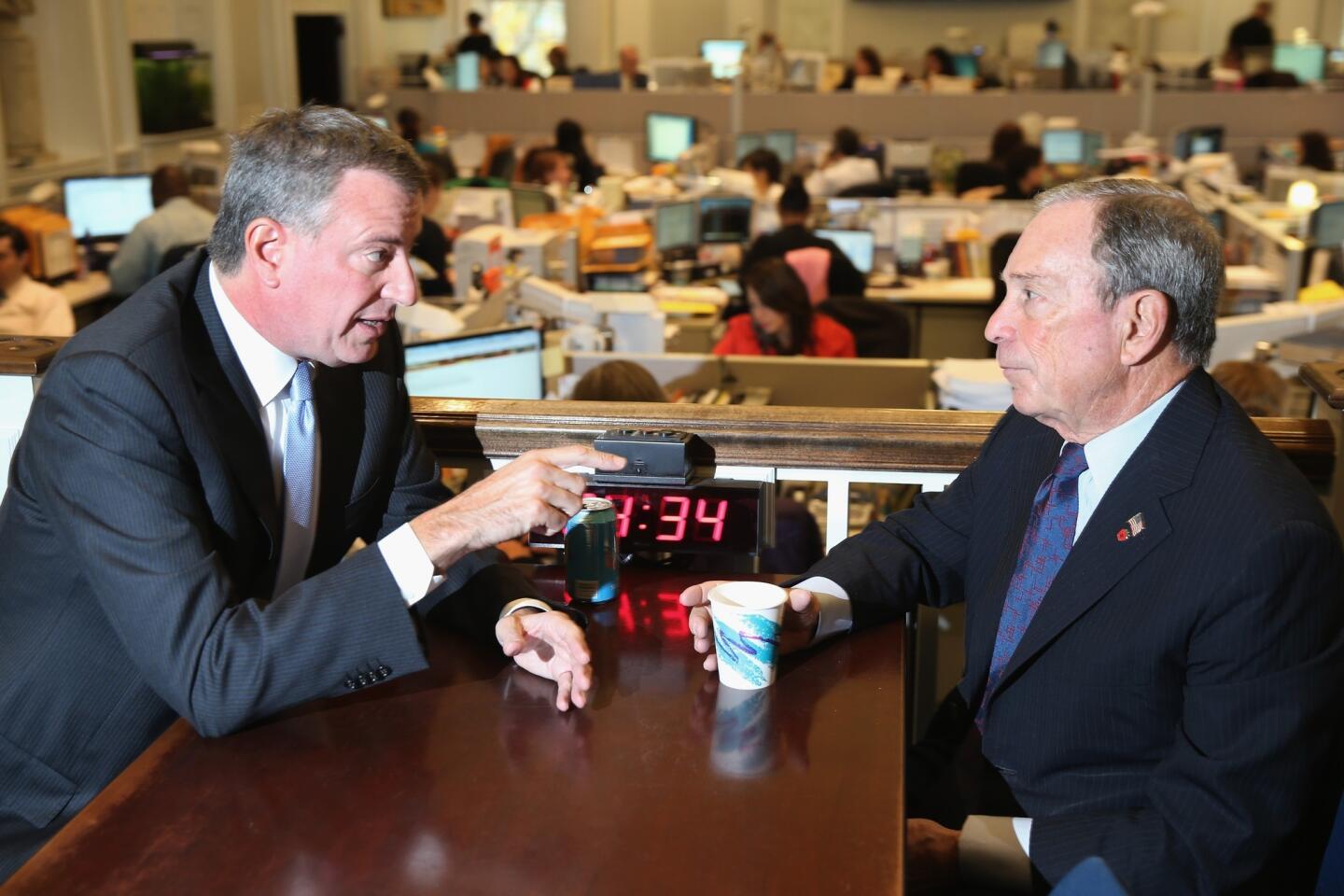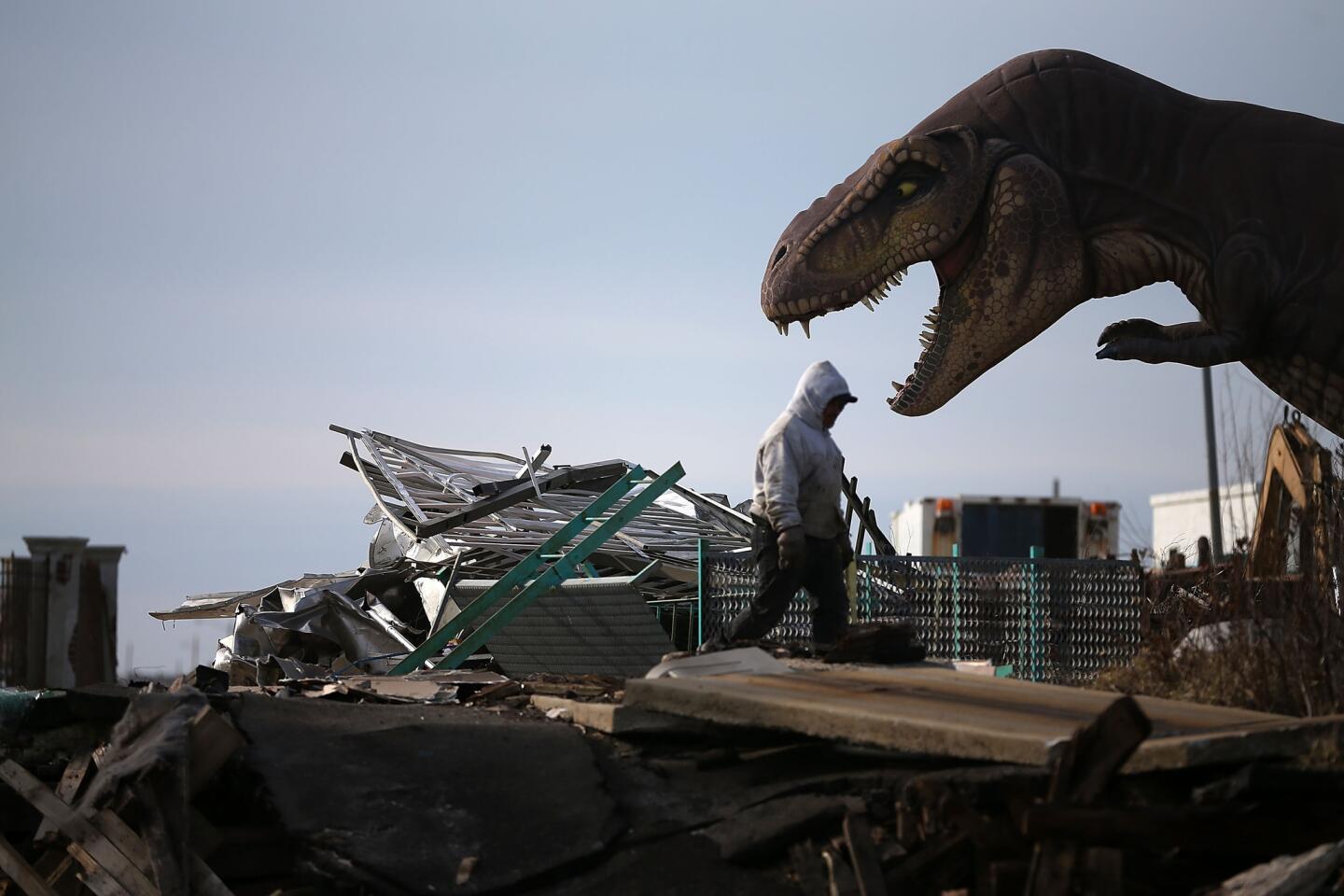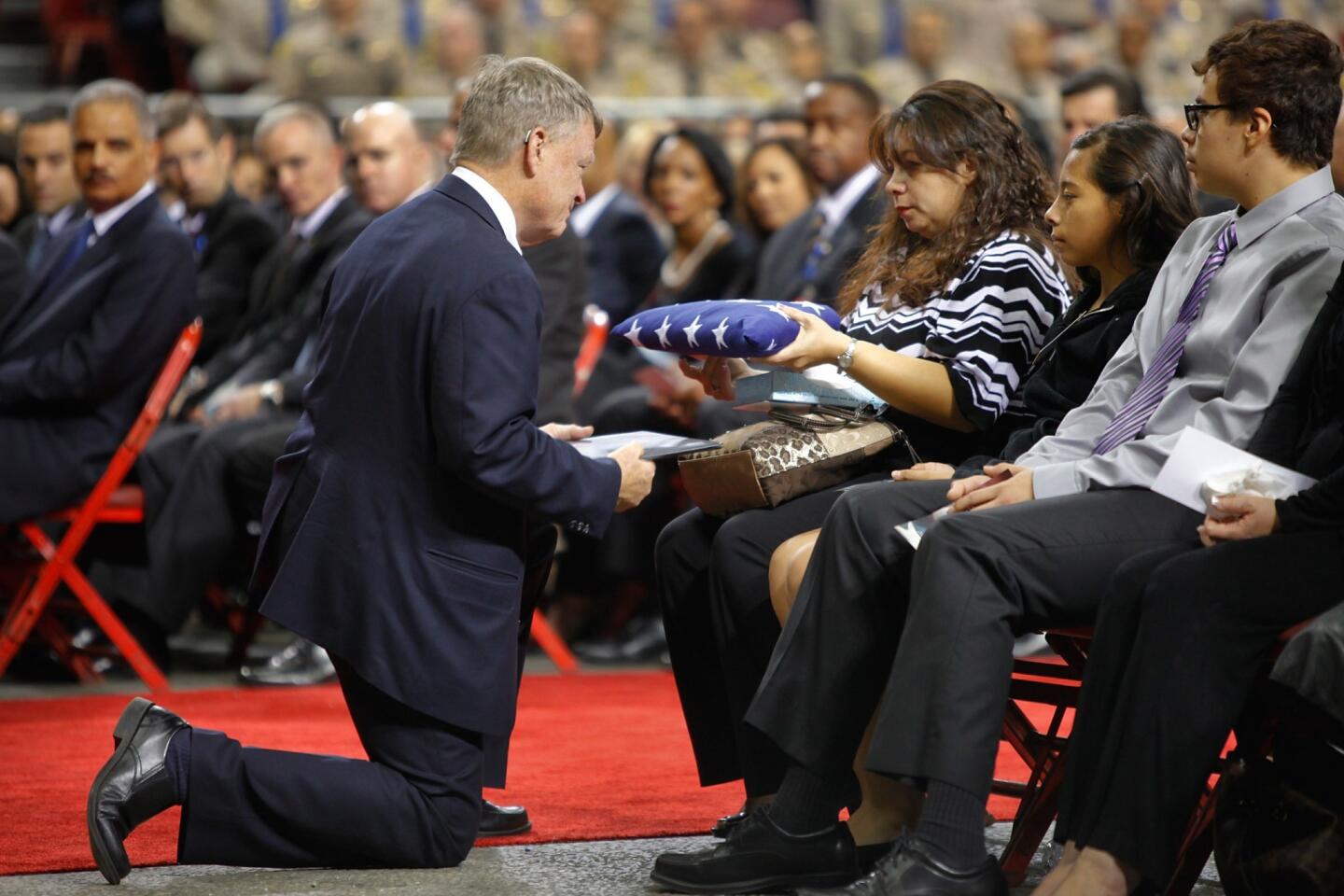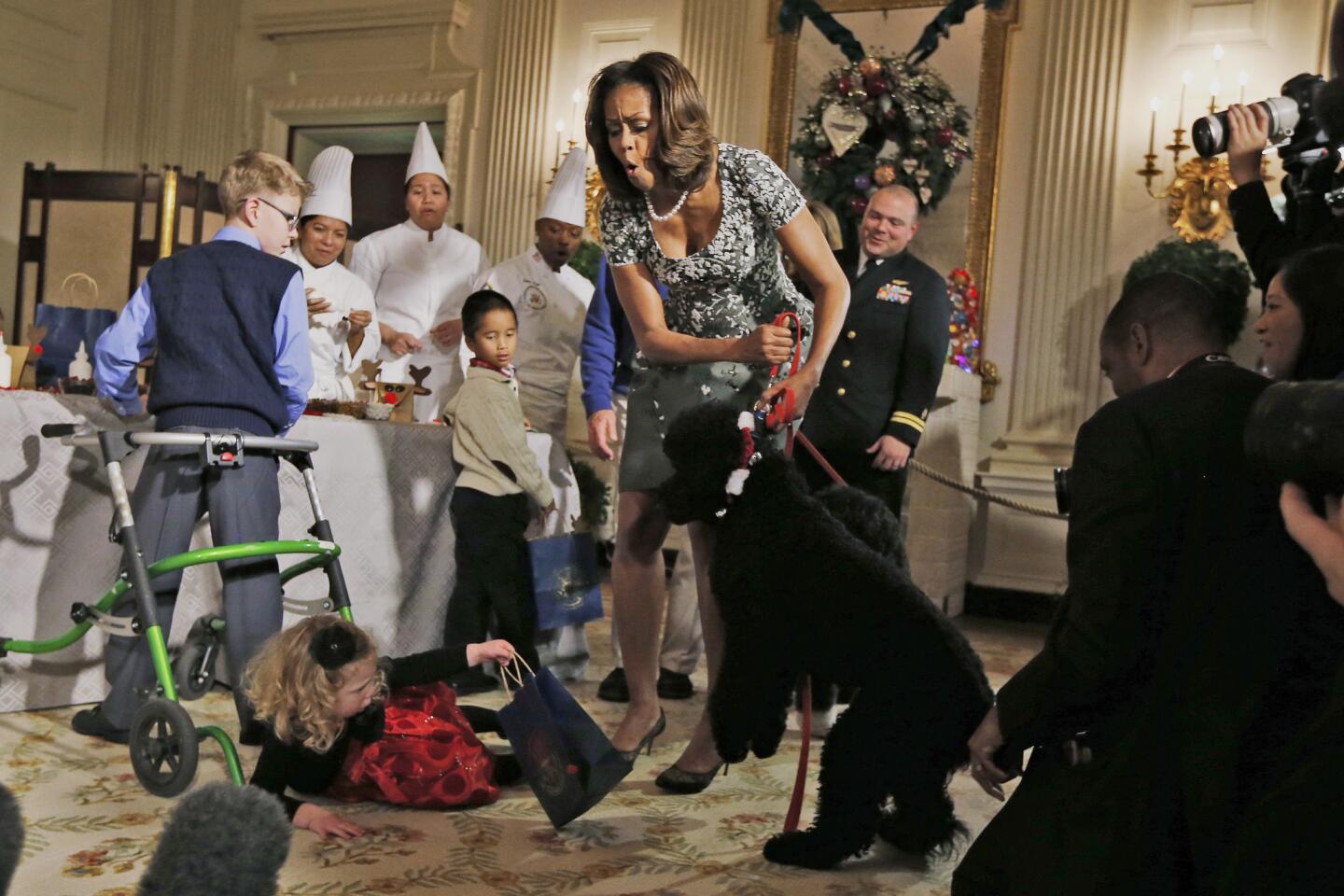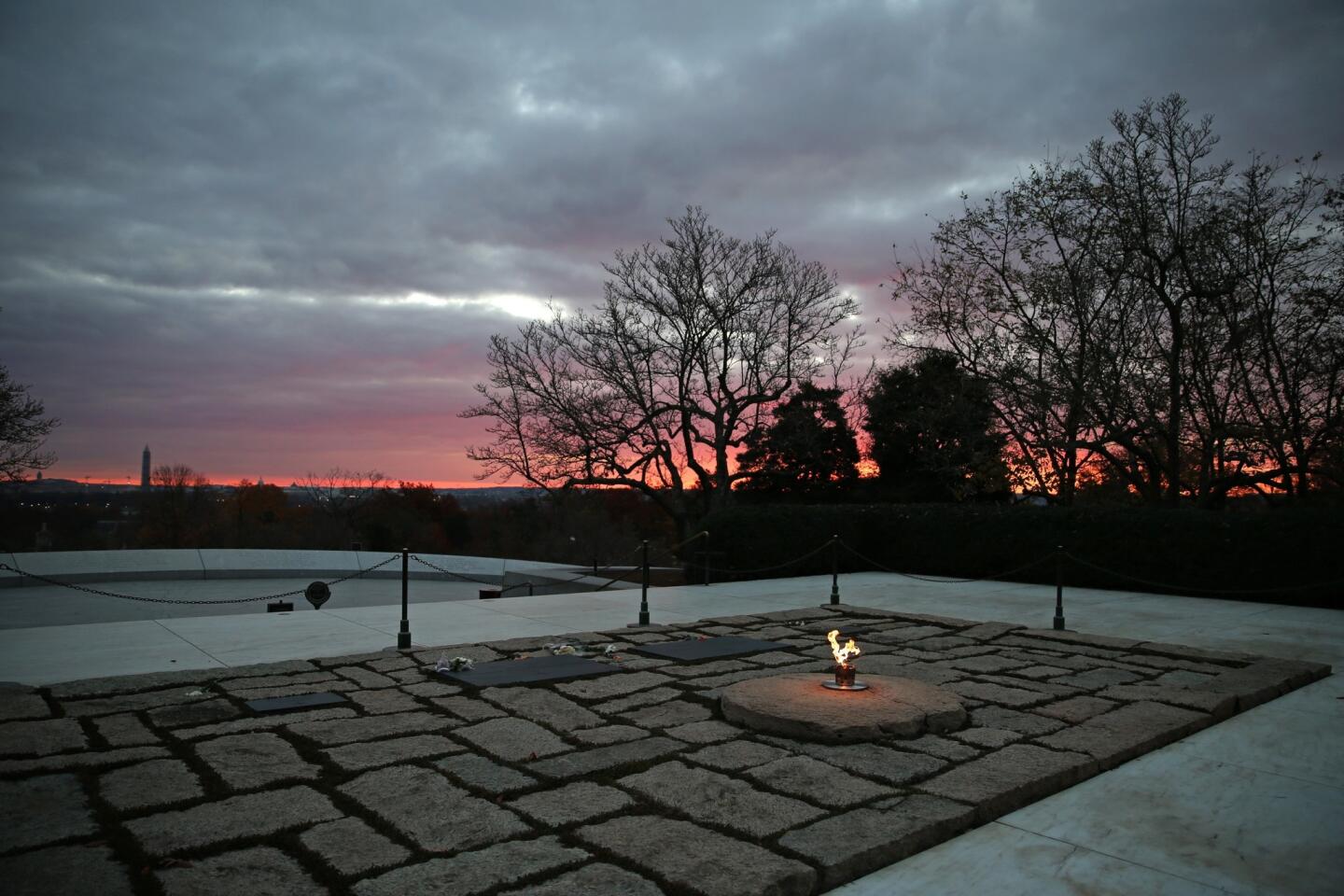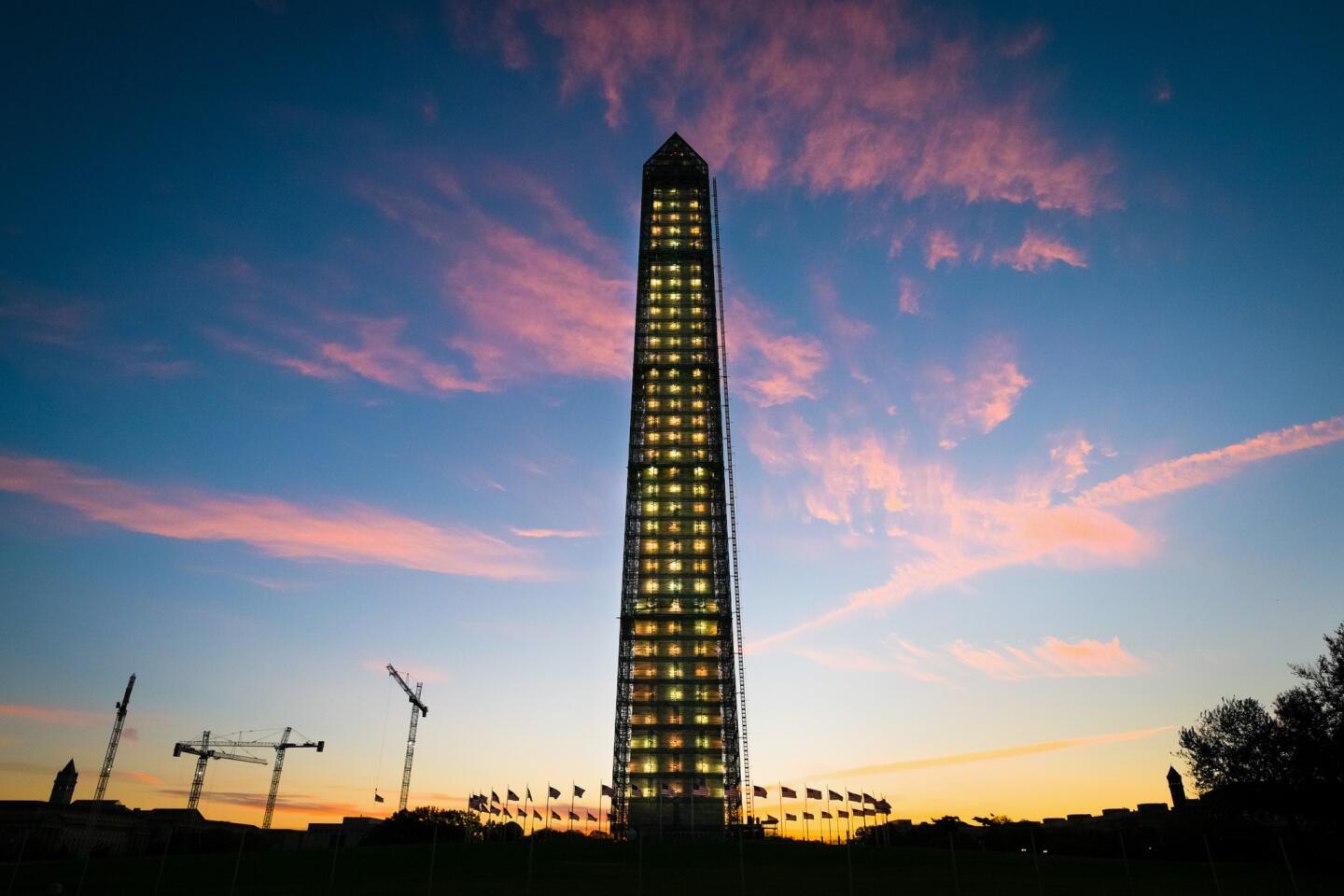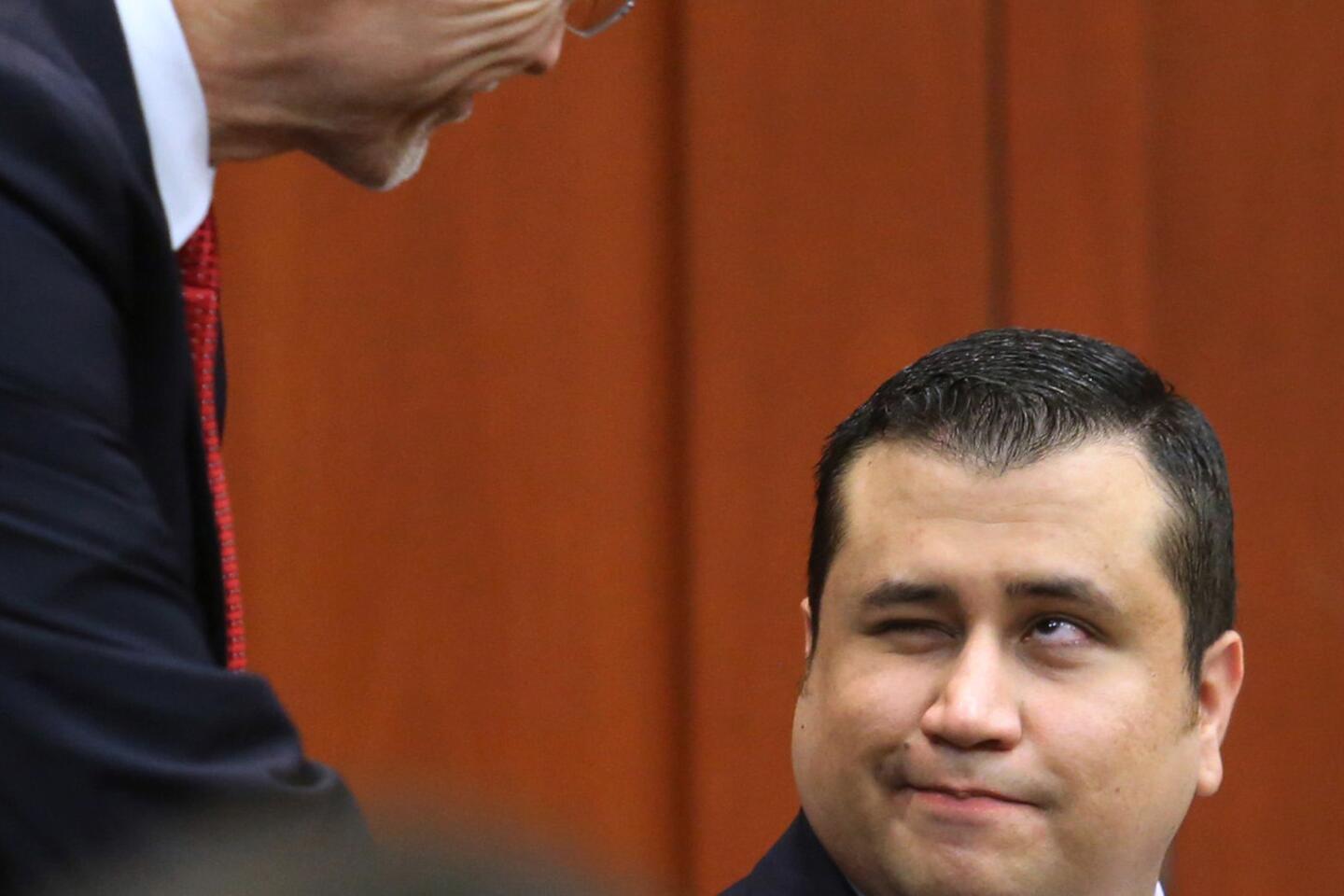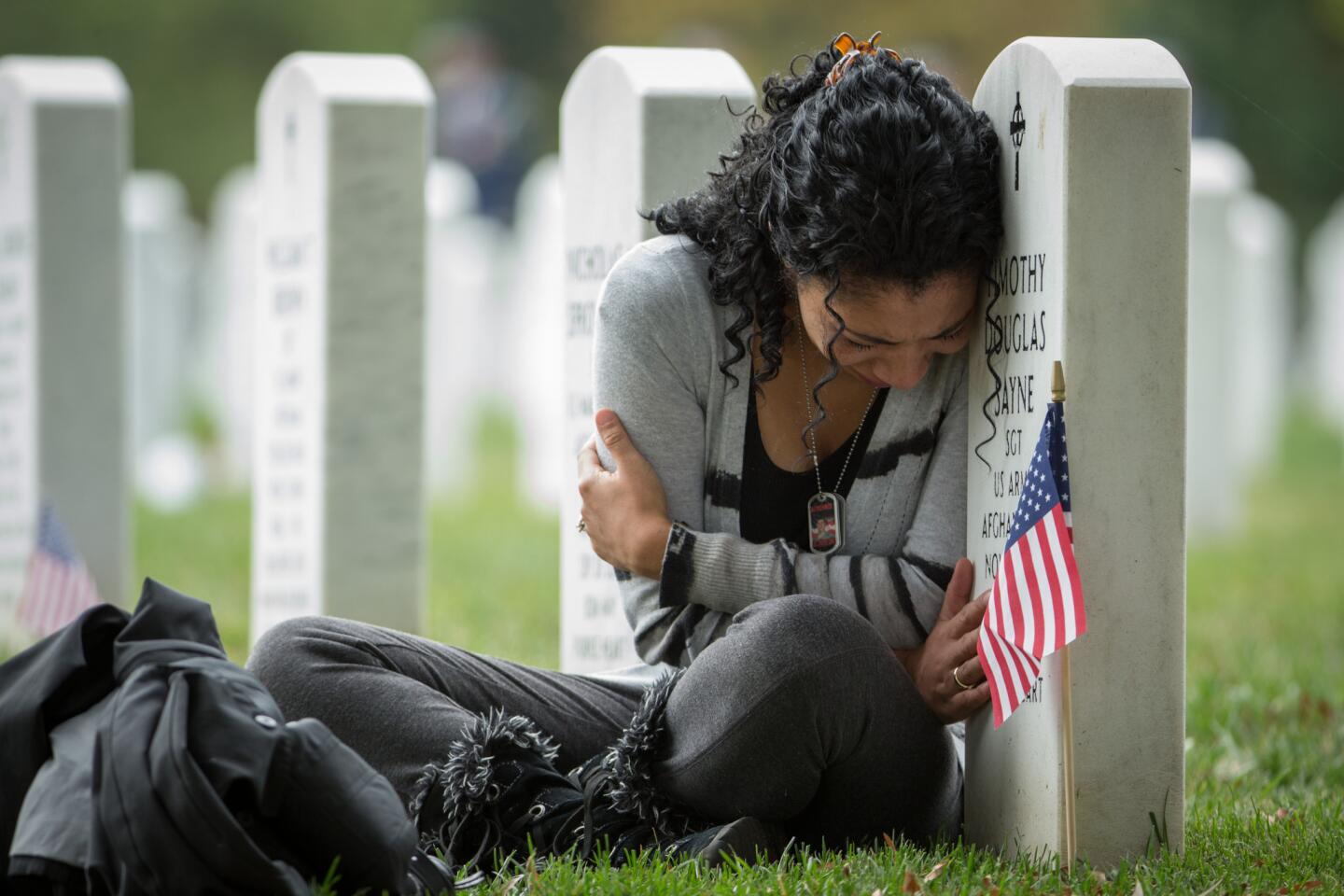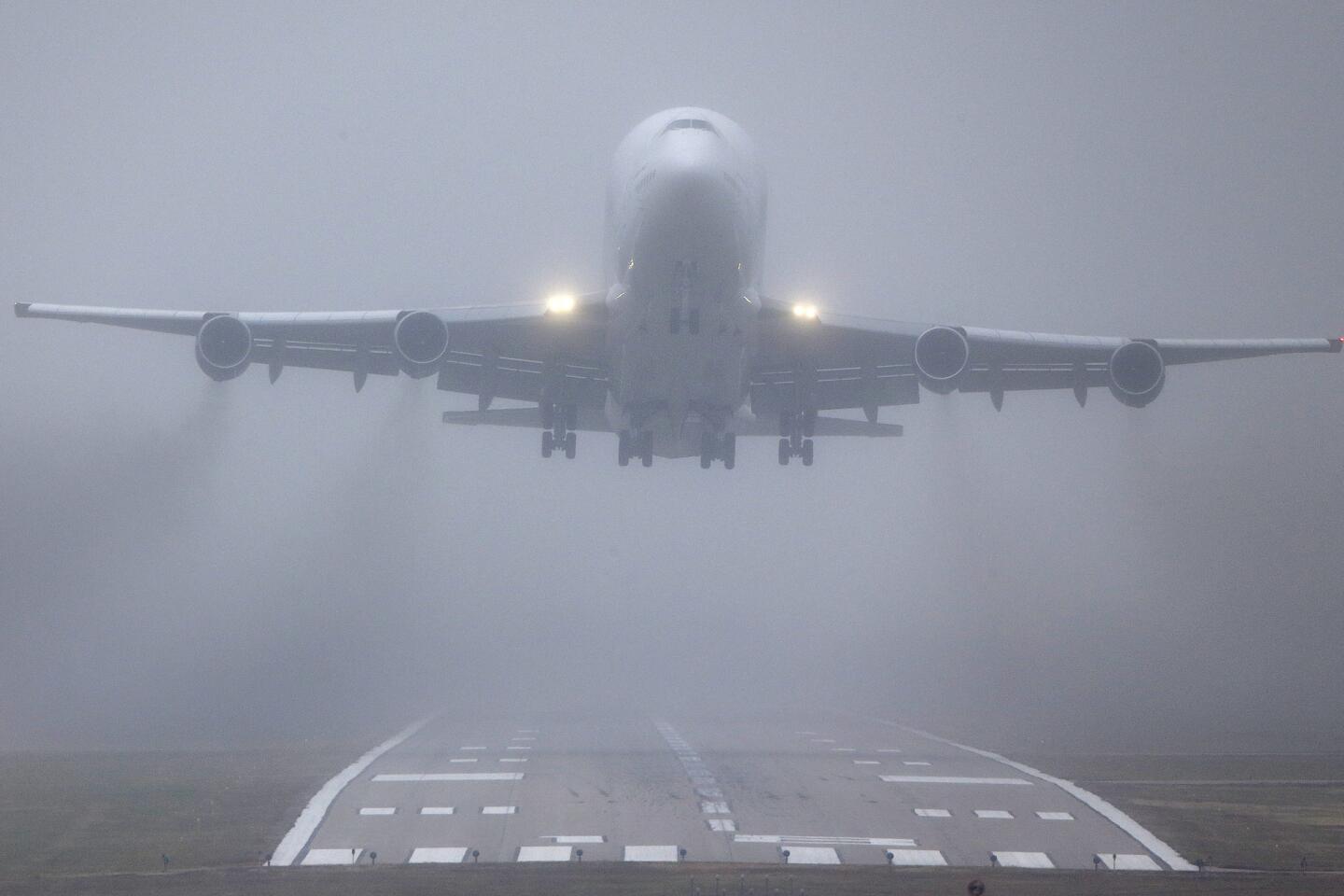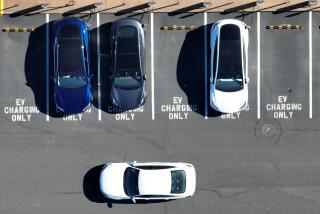Six states chosen as drone testing sites; California among losers
WASHINGTON -- After a fierce nationwide competition that offers potentially big economic benefits for the winners, six sites were selected Monday for testing of how drones can be more widely used in U.S. airspace.
The Federal Aviation Administration announced the selection of sites in Alaska, Nevada, New York, North Dakota, Texas and Virginia.
California, vying to become the Silicon Valley of robotic aircraft, was among the losers in the 24-state competition.
“These test sites will give us valuable information about how best to ensure the safe introduction of this advanced technology into our nation’s skies,” Transportation Secretary Anthony Foxx in a statement.
In 2012, Congress directed the FAA to draw up rules for incorporating the remotely piloted aircraft in U.S. airspace by 2015.
TIMELINE: The year in politics
FAA Administrator Michael Huerta has estimated that 7,500 small drones could be aloft within five years.
The remotely piloted aircraft could be used for activities such as spotting wildfires, helping police track criminal suspects, scouting film locations and inspecting pipelines.
California was thought to be a favorite in the competition, considering it is home to the nation’s major drone makers, such as AeroVironment Inc. of Monrovia, General Atomics Aeronautical Systems Inc. of Poway, Lockheed Martin Corp. and Northrop Grumman Corp., which builds drones in Palmdale.
Huerta said in a call with reporters that the agency considered factors such as geographic and climatic diversity, availability of ground infrastructure, the type of proposed research, the aviation experience of the applicants and the volume of air traffic near the test sites.
He declined to say what the agency found lacking in the losing bids until FAA officials can meet with the unsuccessful bidders. He said those states not chosen will be debriefed in the coming days.
“Safety continues to be our first priority as we move ahead,’’ he said, citing the need to ensure that unmanned aircraft can detect and avoid other aircraft.
Those bidding for the test sites -- in many cases alliances of economic development groups, universities and aerospace companies -- believe that if they land a test site, drone manufacturers will follow. Currently, drones are not allowed to fly in the U.S. except with special permission from the FAA.
PHOTOS: The battle over Obamacare
The testing comes amid concerns among the public and lawmakers that greater use of drones will violate privacy rights.
Huerta, acknowledging sensitivity to privacy concerns, said the agency will require test-site operators to comply with laws protecting an individual’s right to privacy.
Michael Toscano, president and chief executive of the Assn. for Unmanned Vehicle Systems International, a trade group, called the FAA announcement an “important step toward recognizing the incredible economic and job creation potential this technology brings.’’
Huerta said he expects the first test site to begin operating within 180 days.
ALSO:
Arizona homeowners allege negligence in fighting Yarnell Hill fire
Denver issues 10 finalized licenses to recreational marijuana stores
Newtown massacre: Redacted report details bullet holes, casings, grief
Follow L.A. Times National on Twitter
Twitter: @richardsimon11
More to Read
Sign up for Essential California
The most important California stories and recommendations in your inbox every morning.
You may occasionally receive promotional content from the Los Angeles Times.
